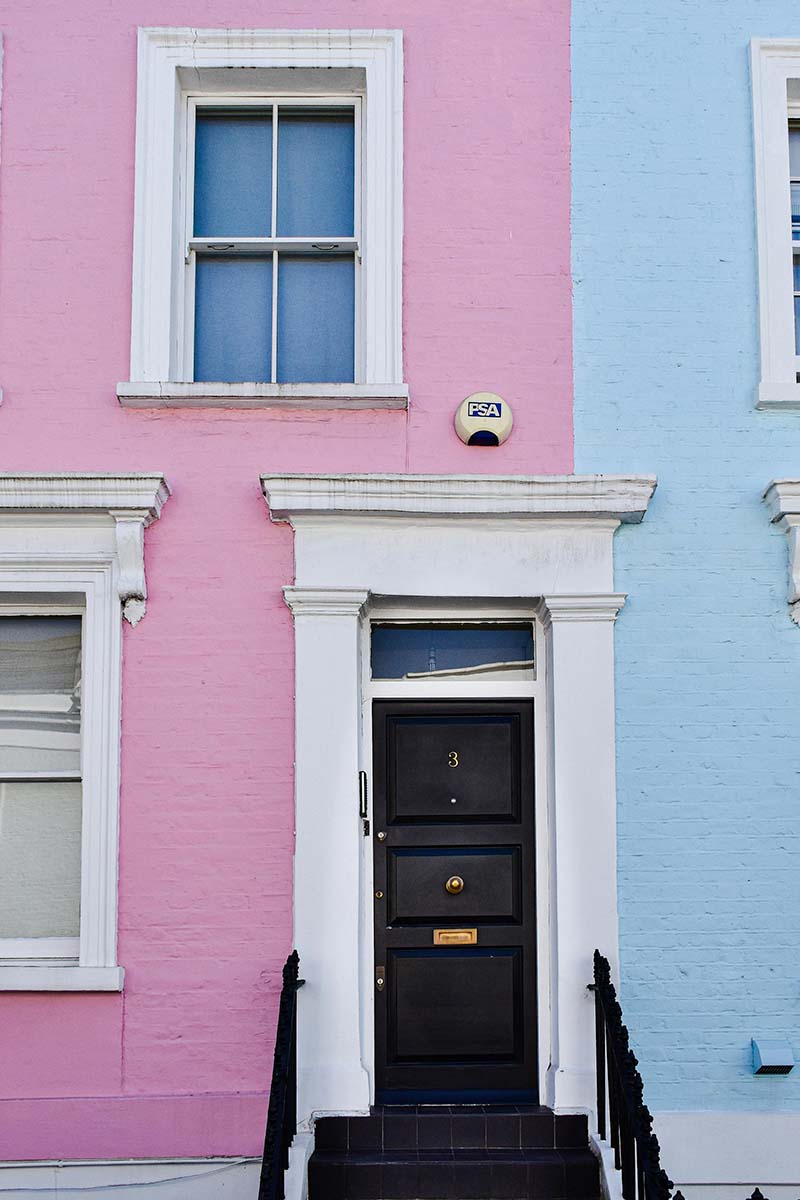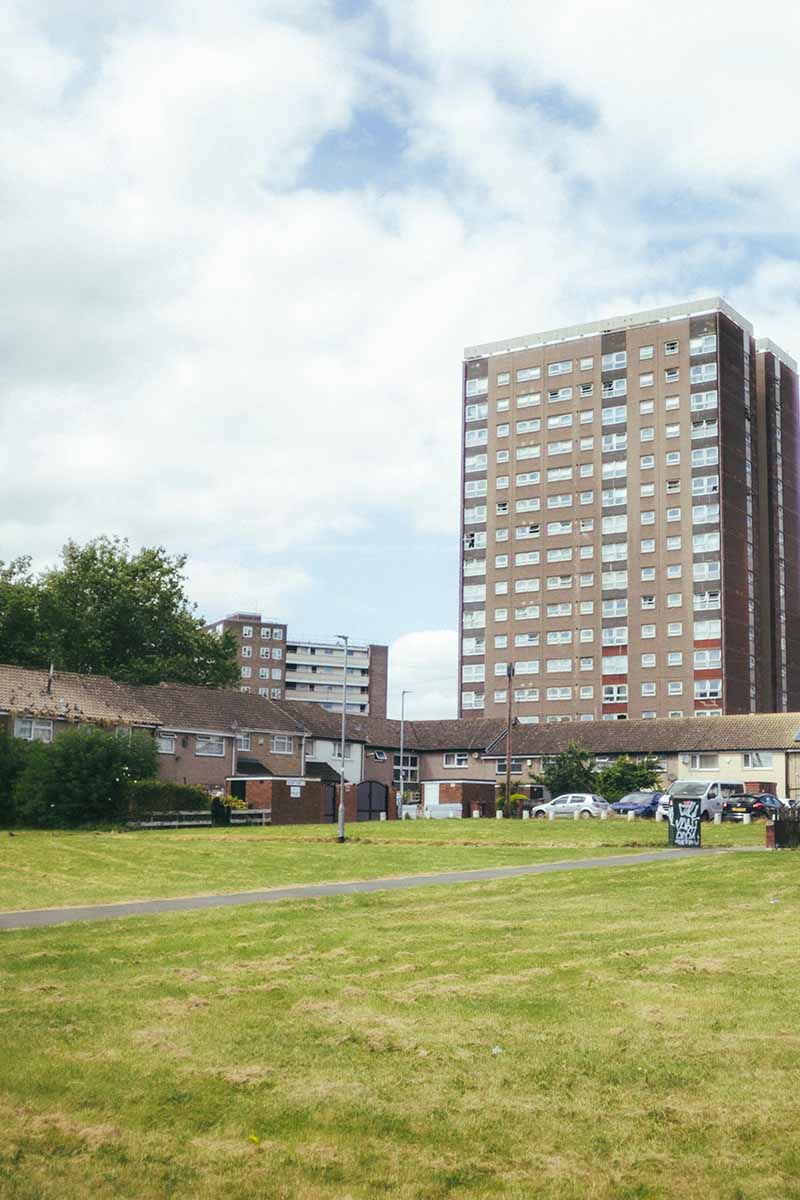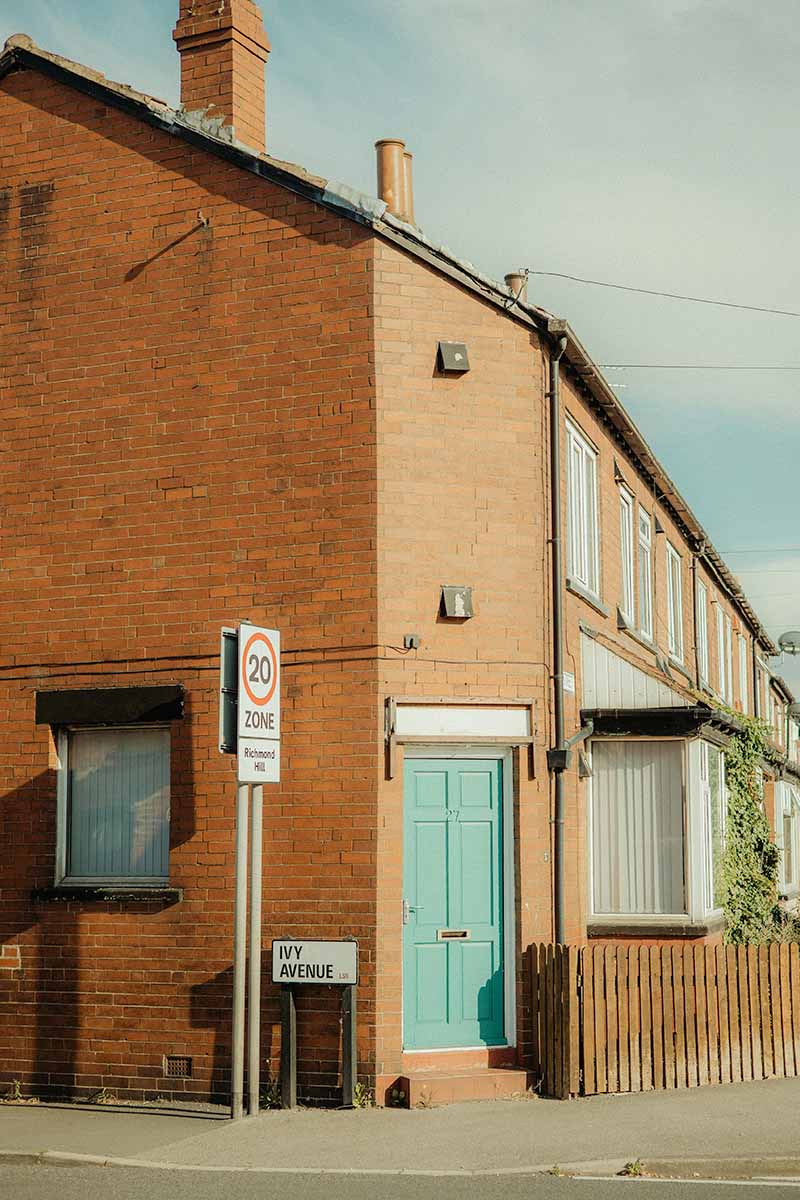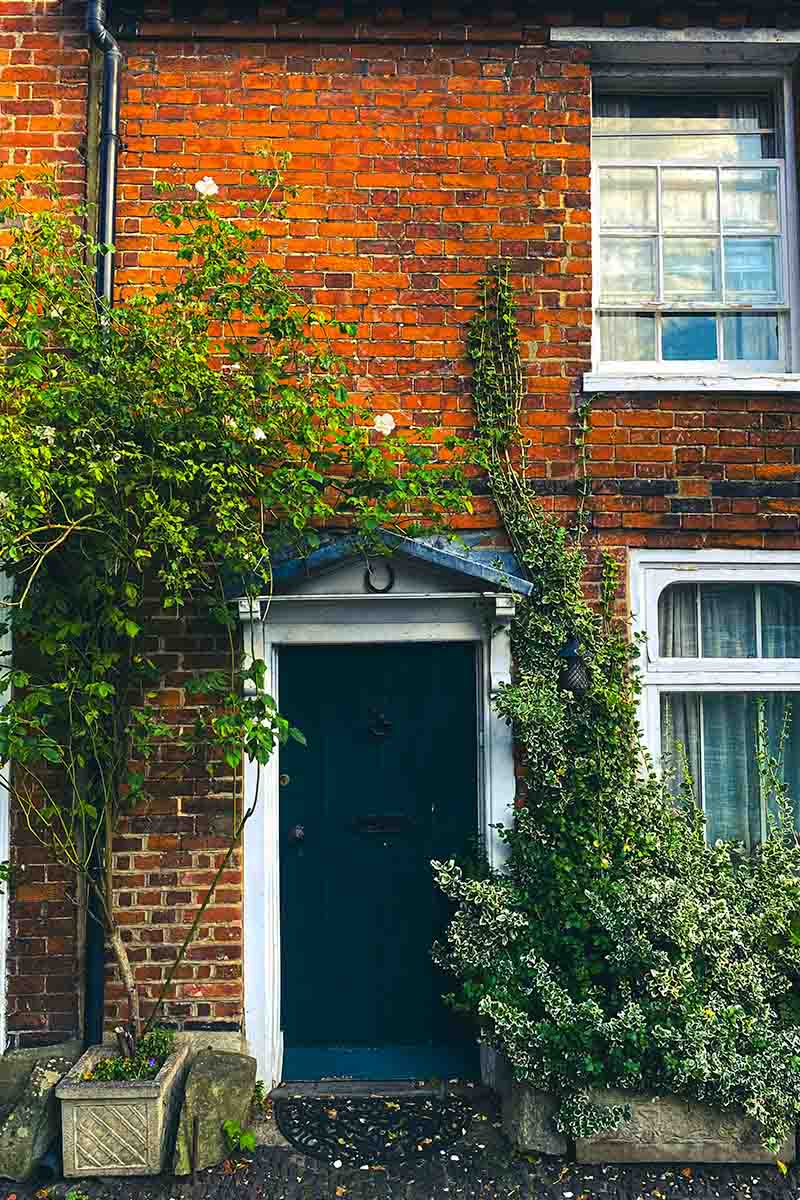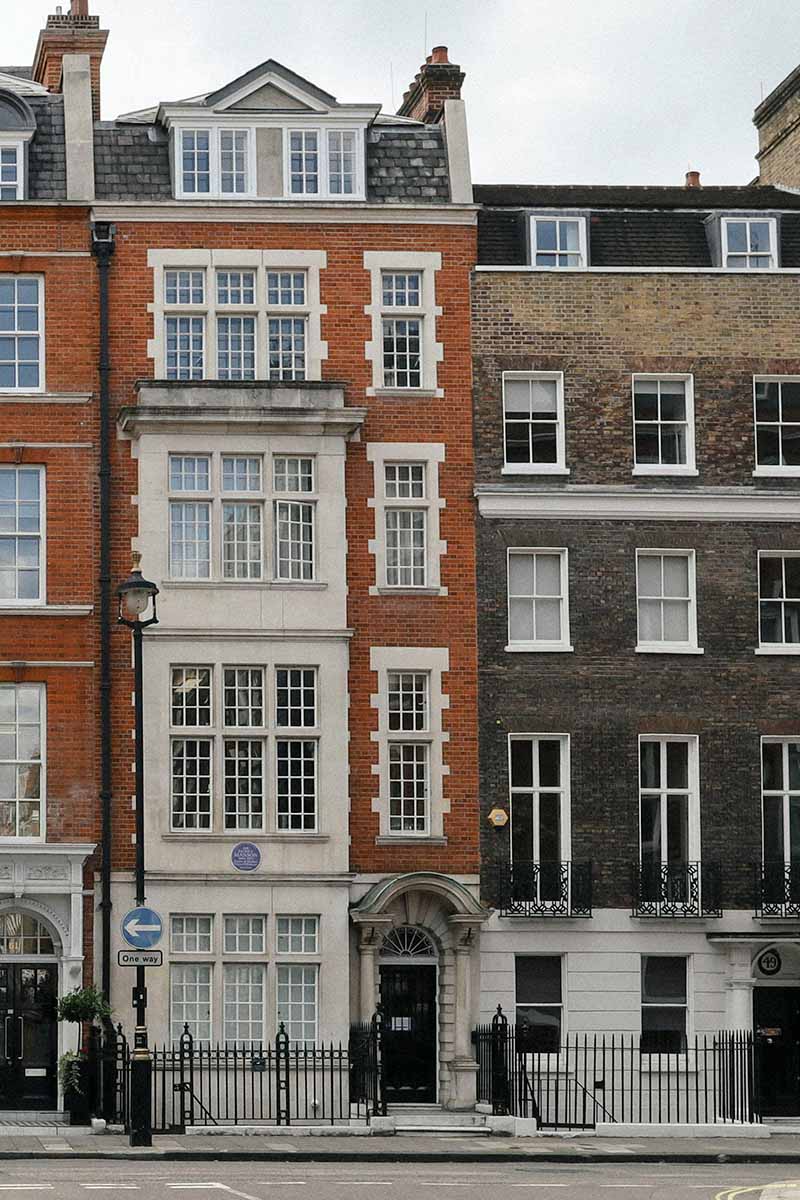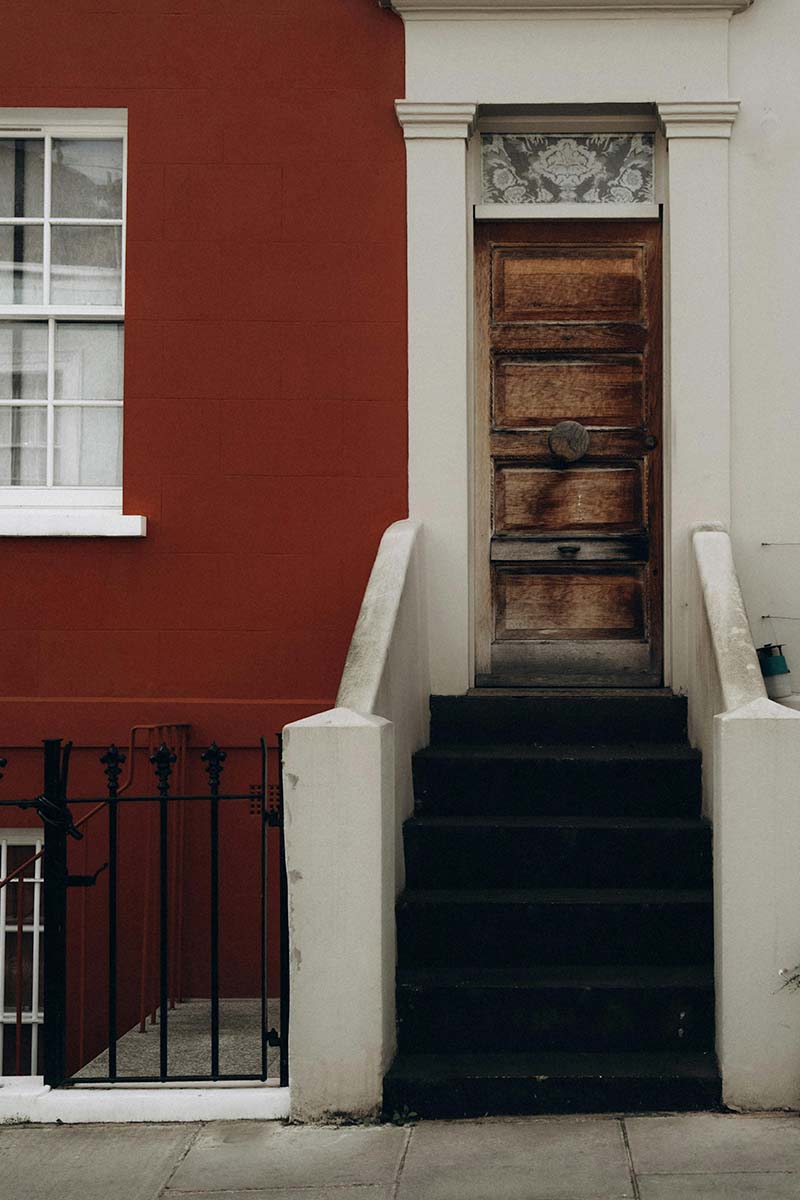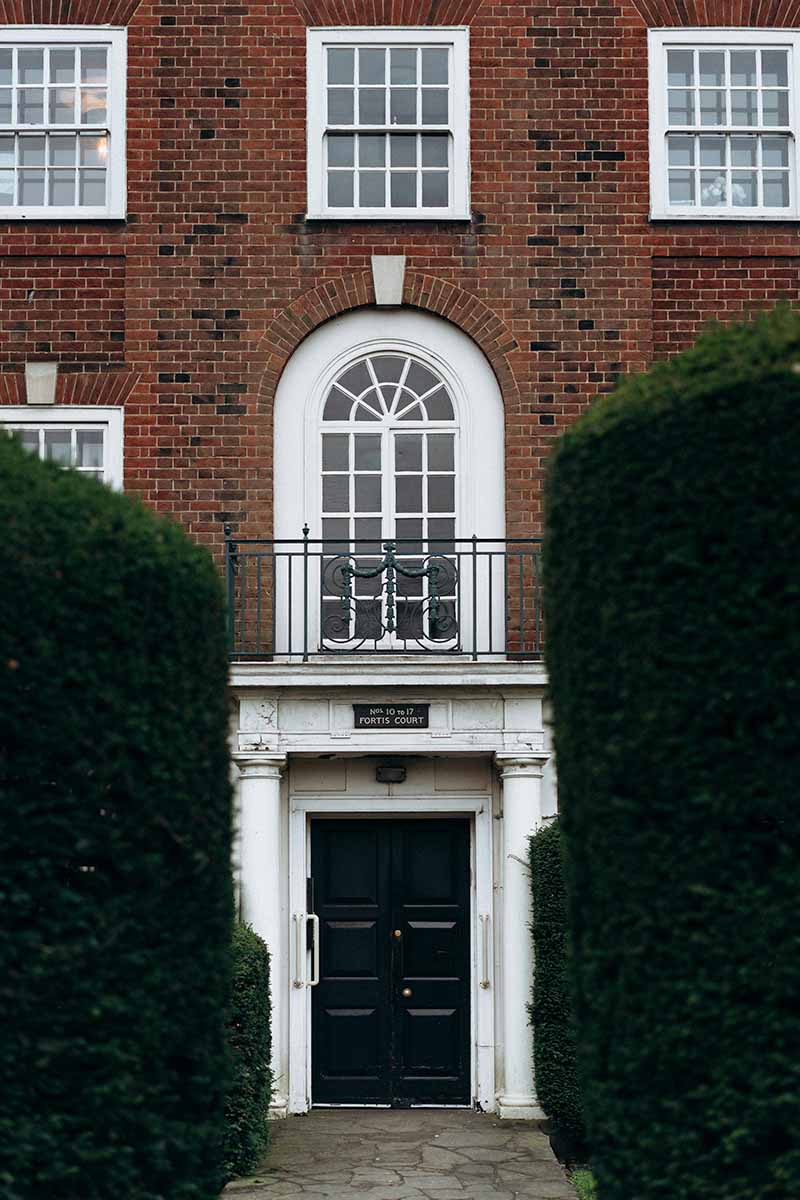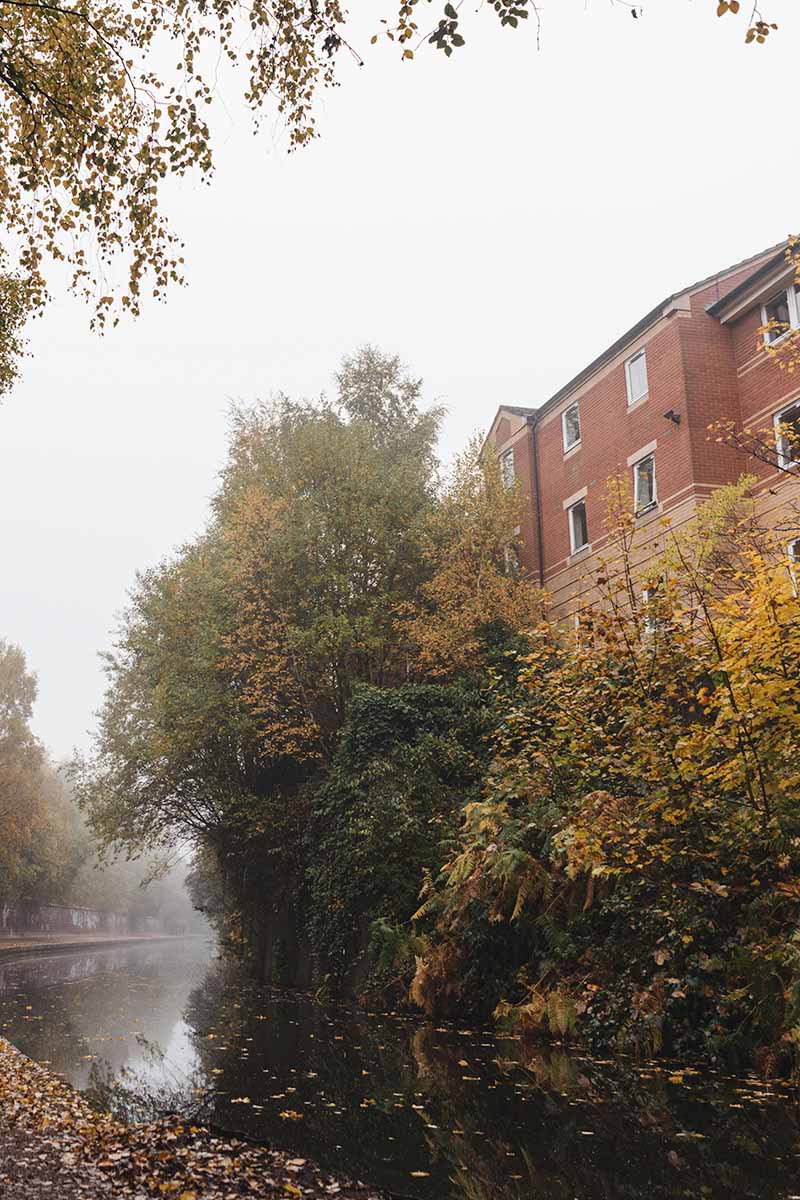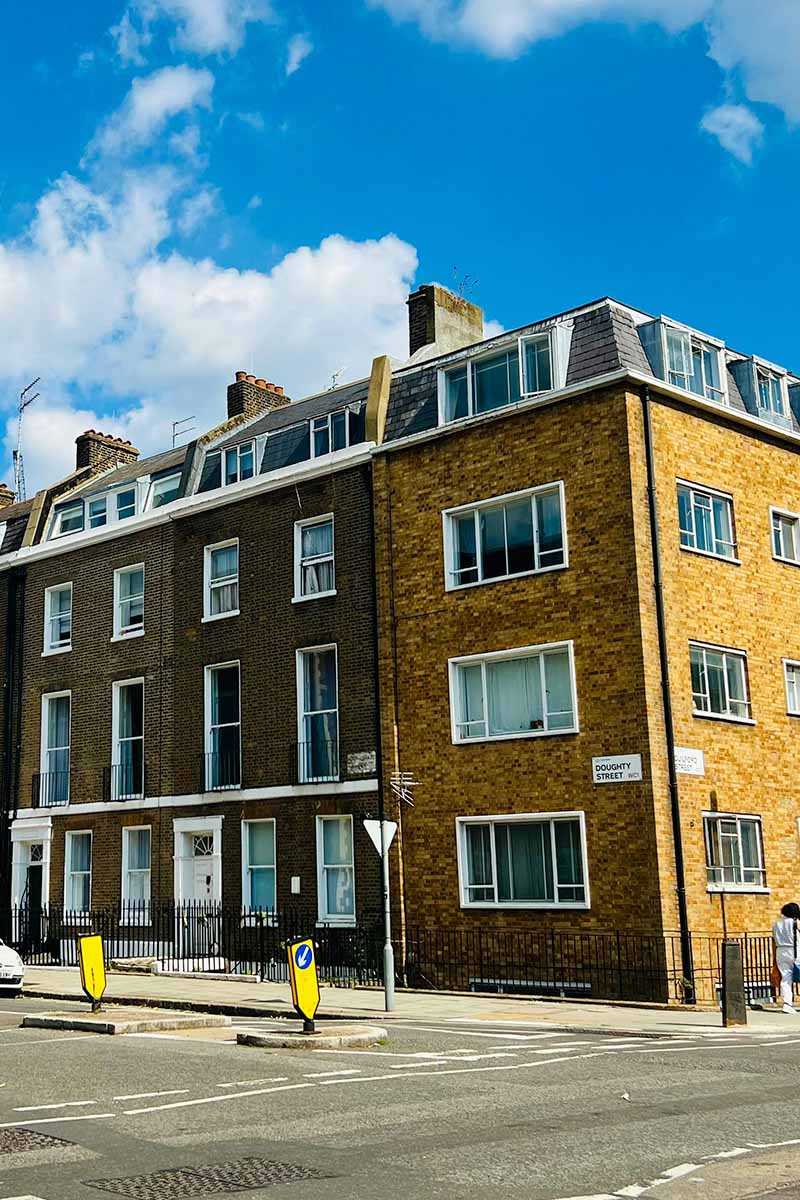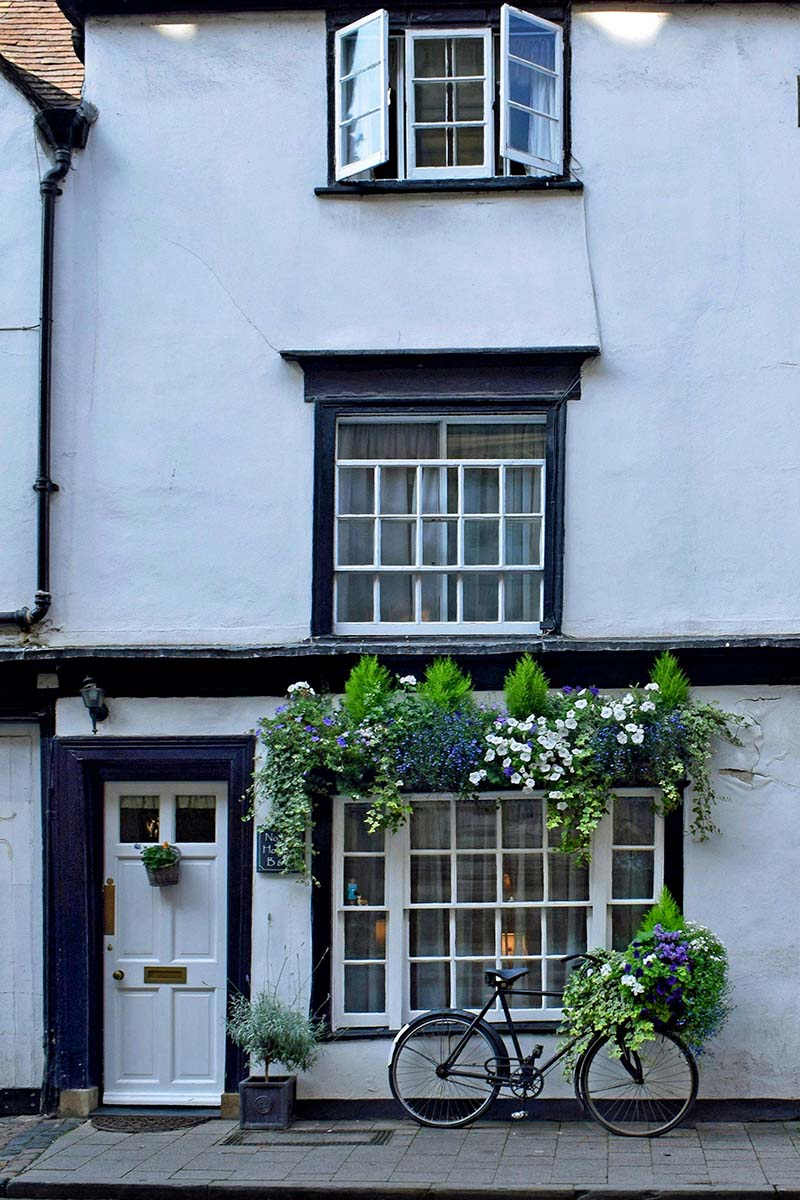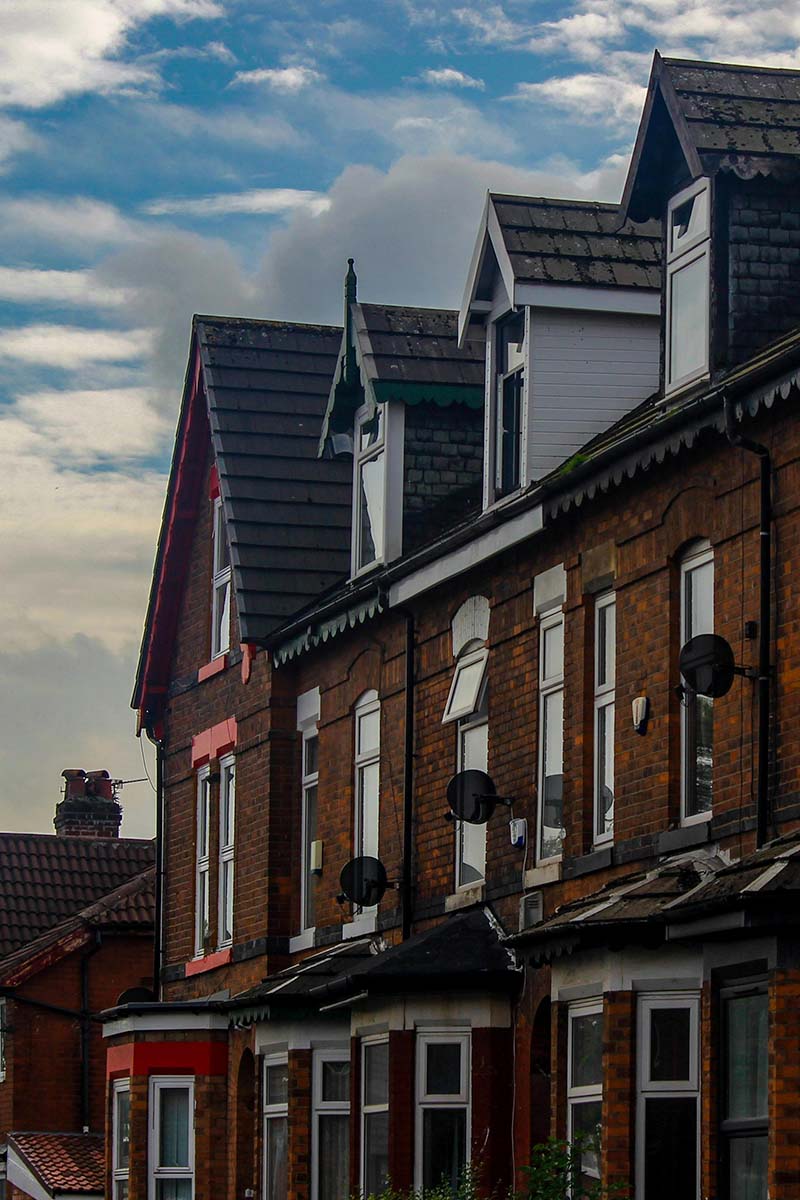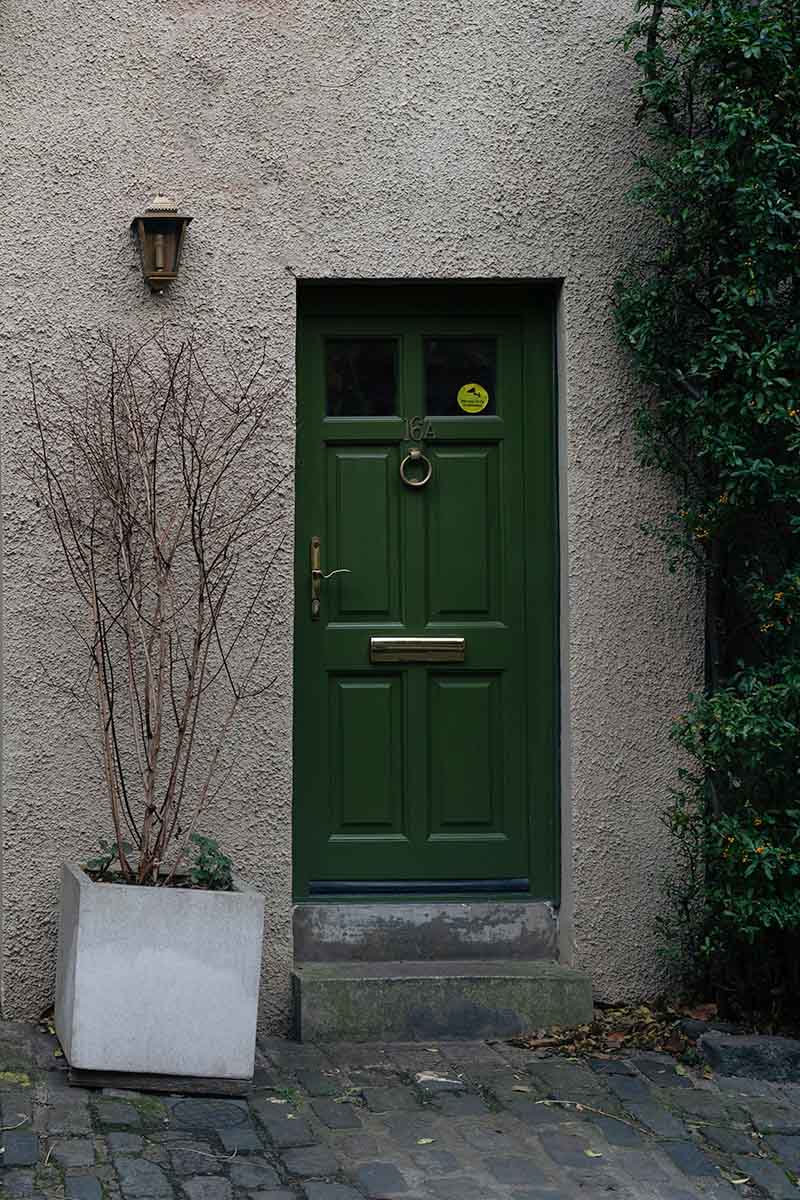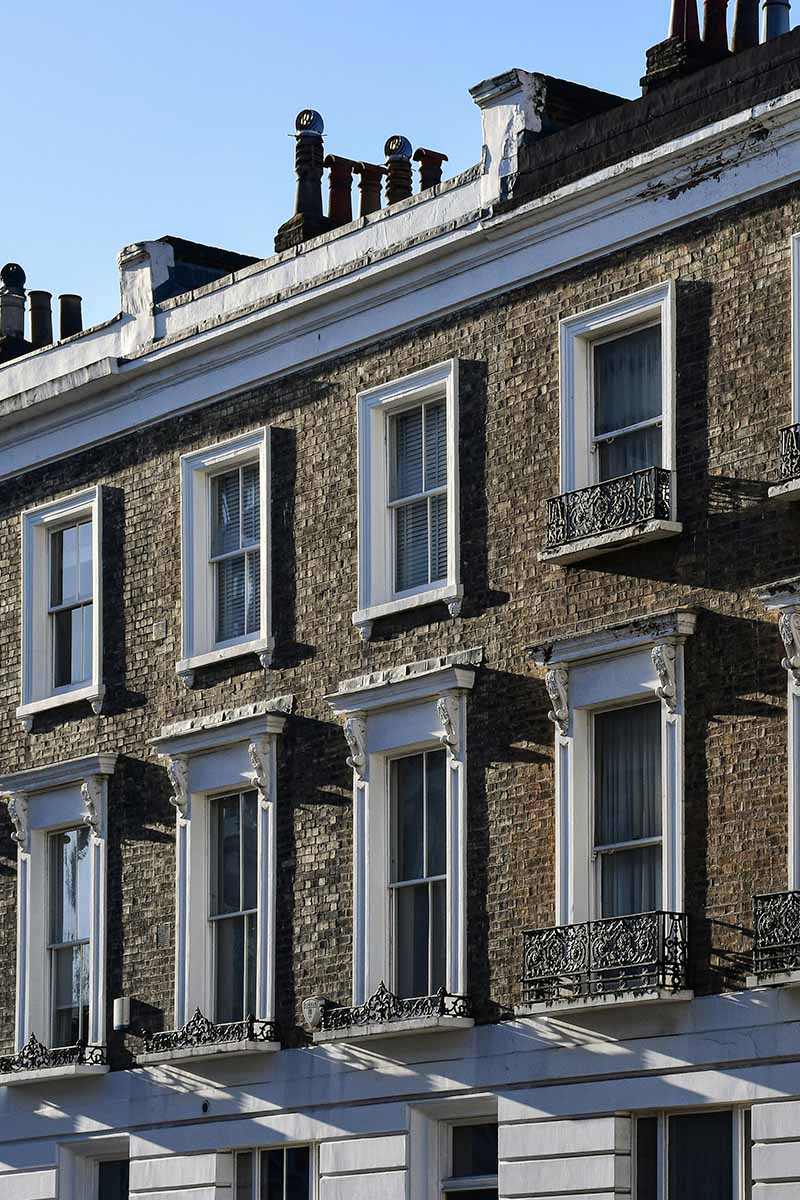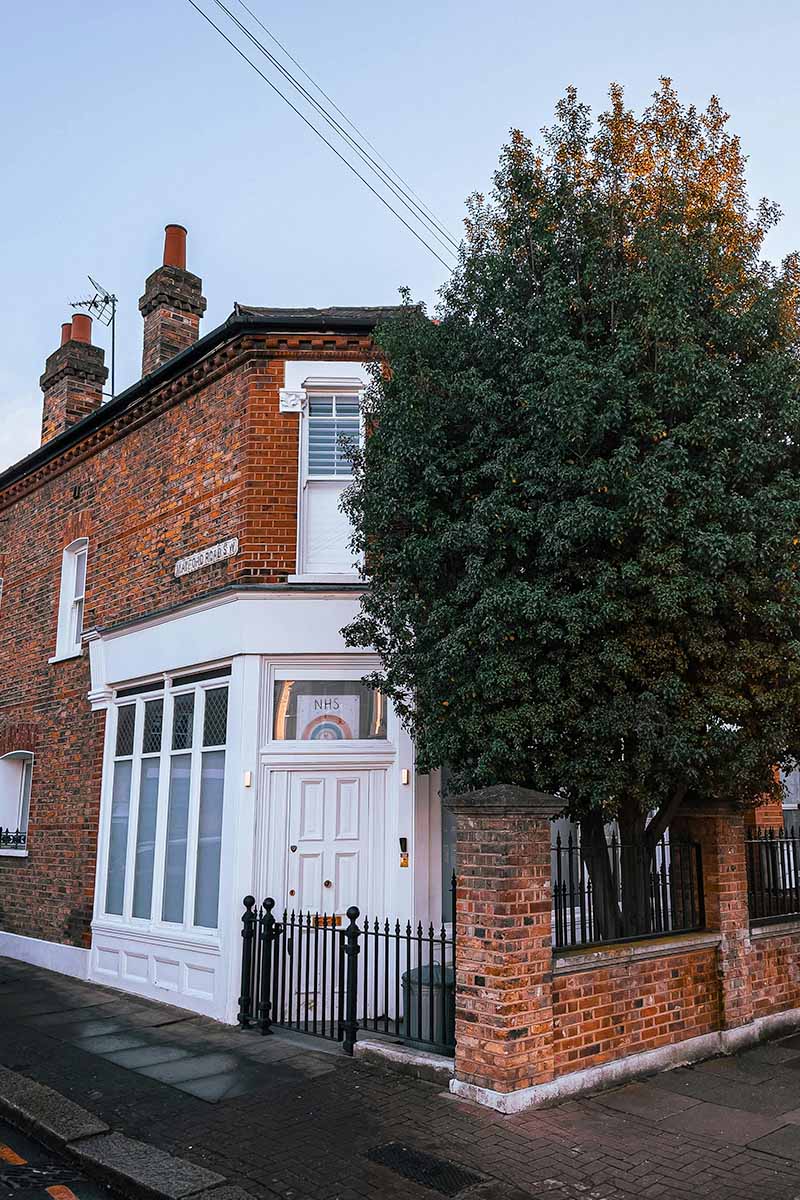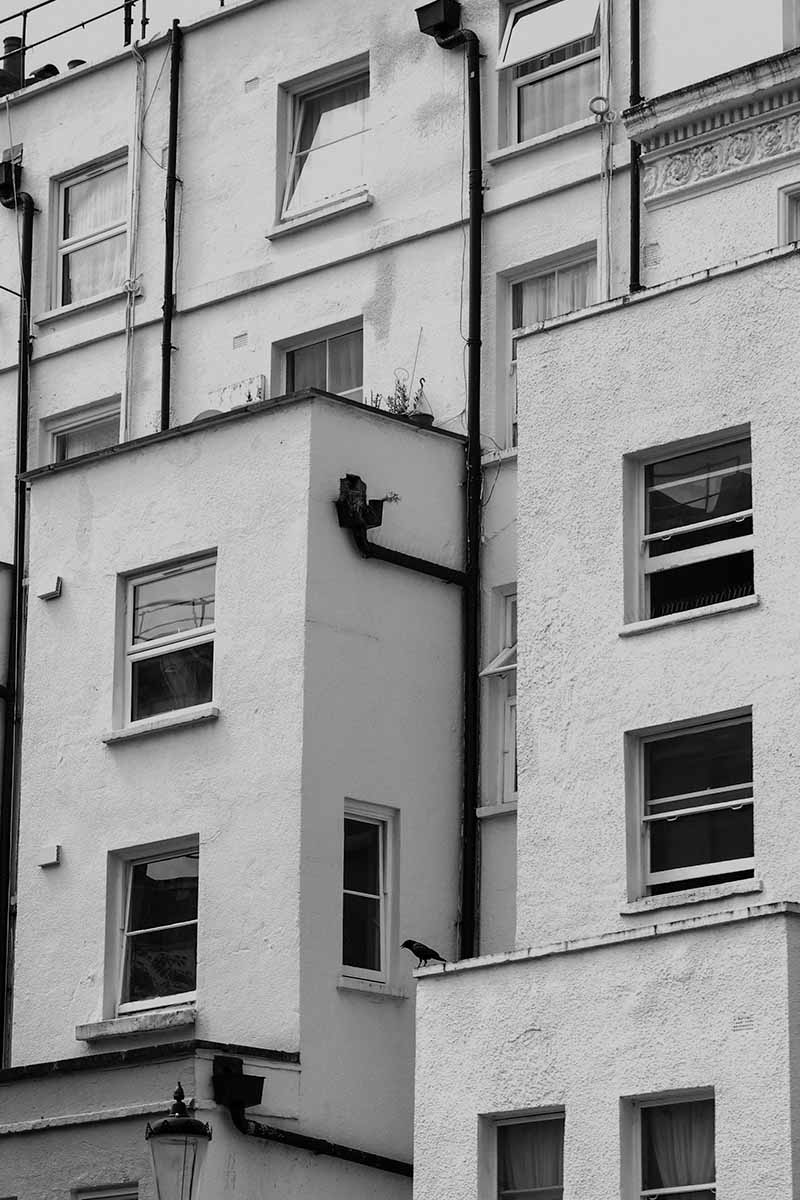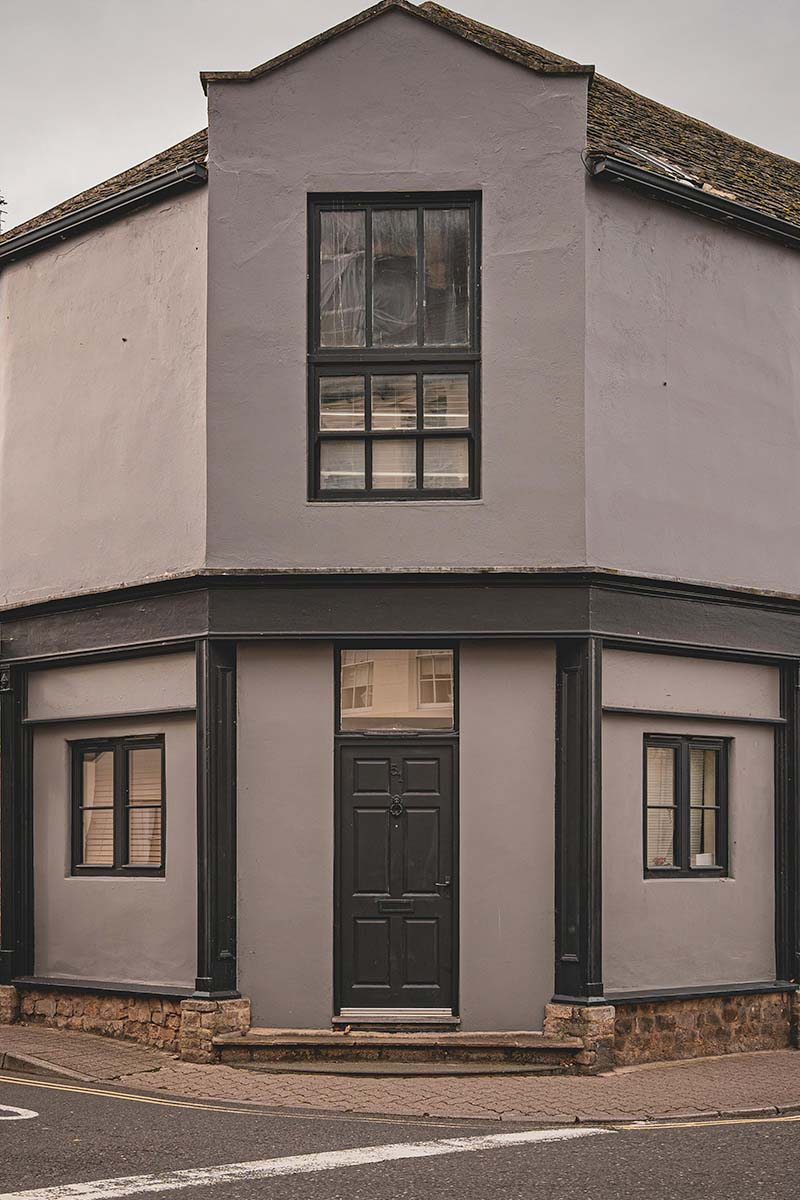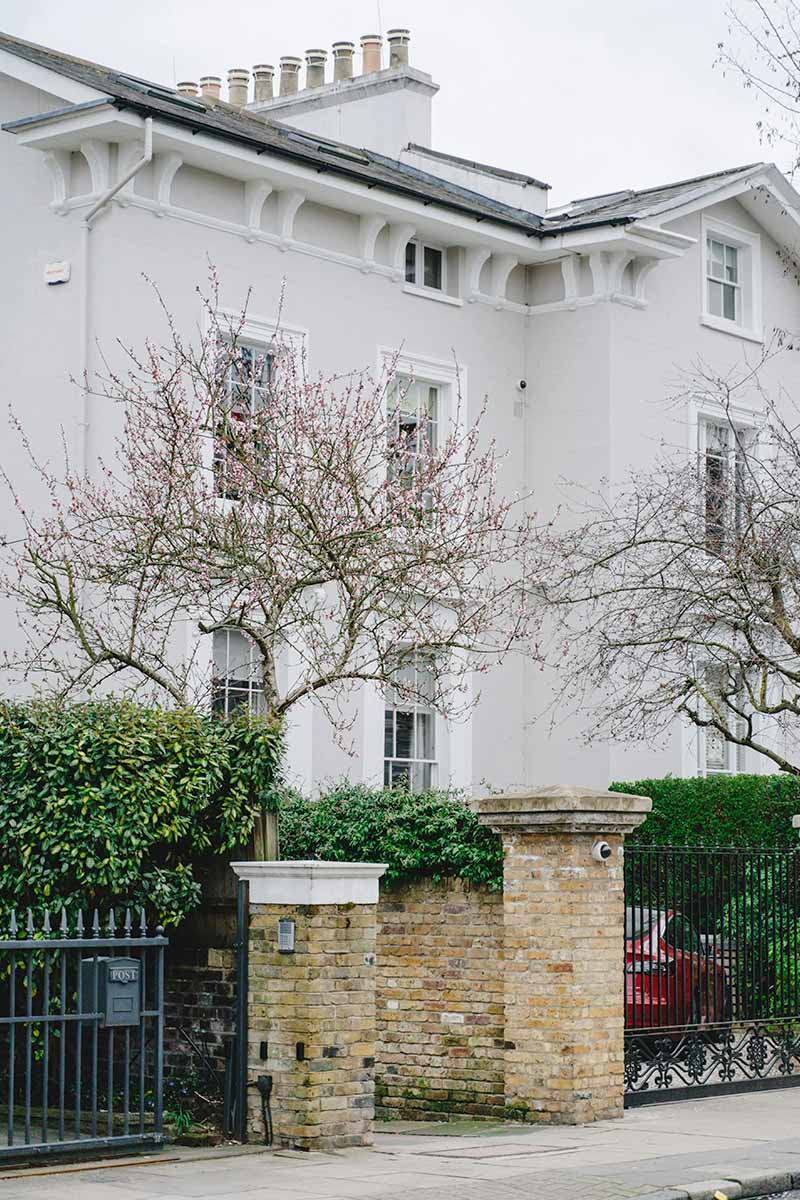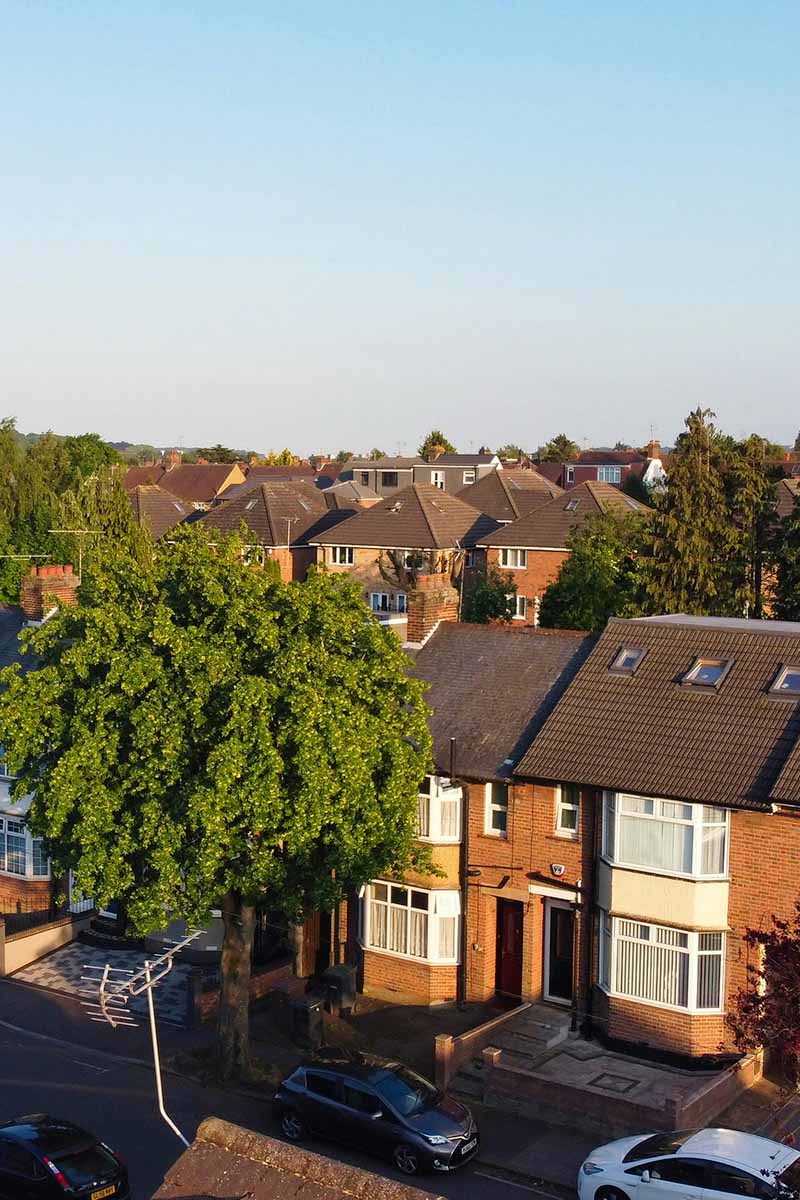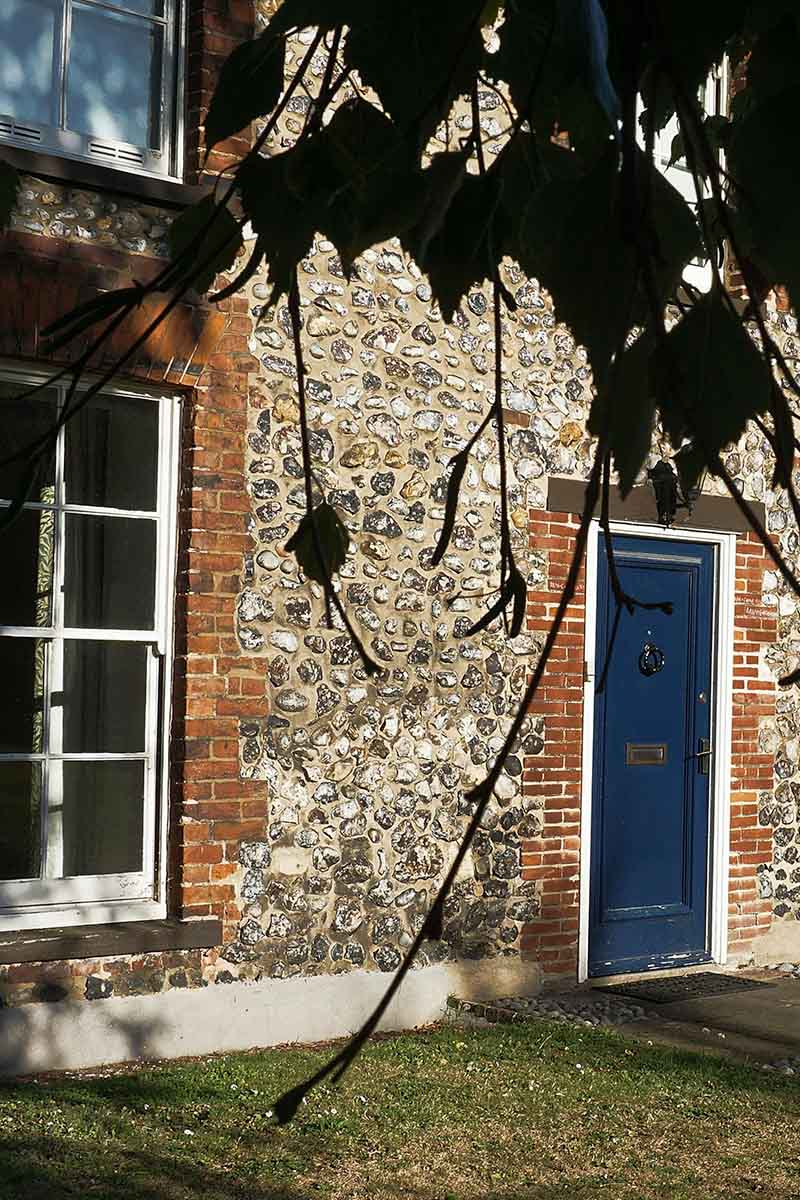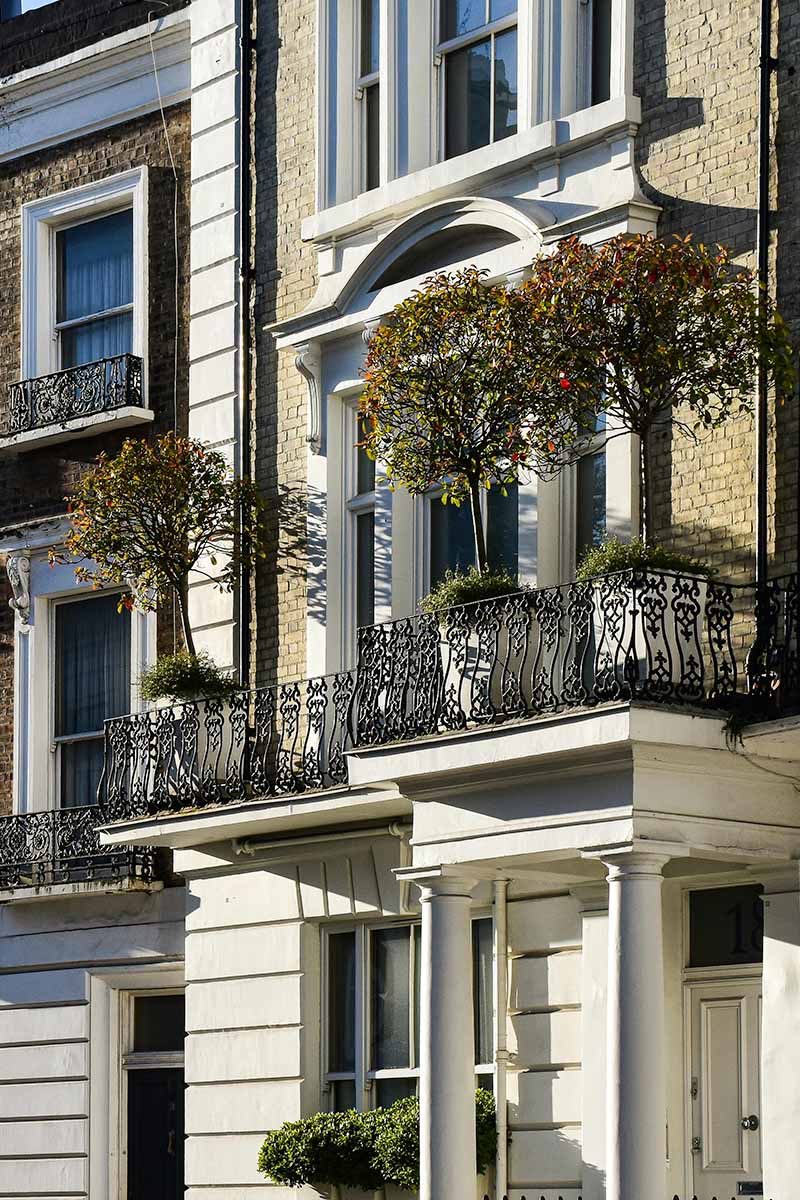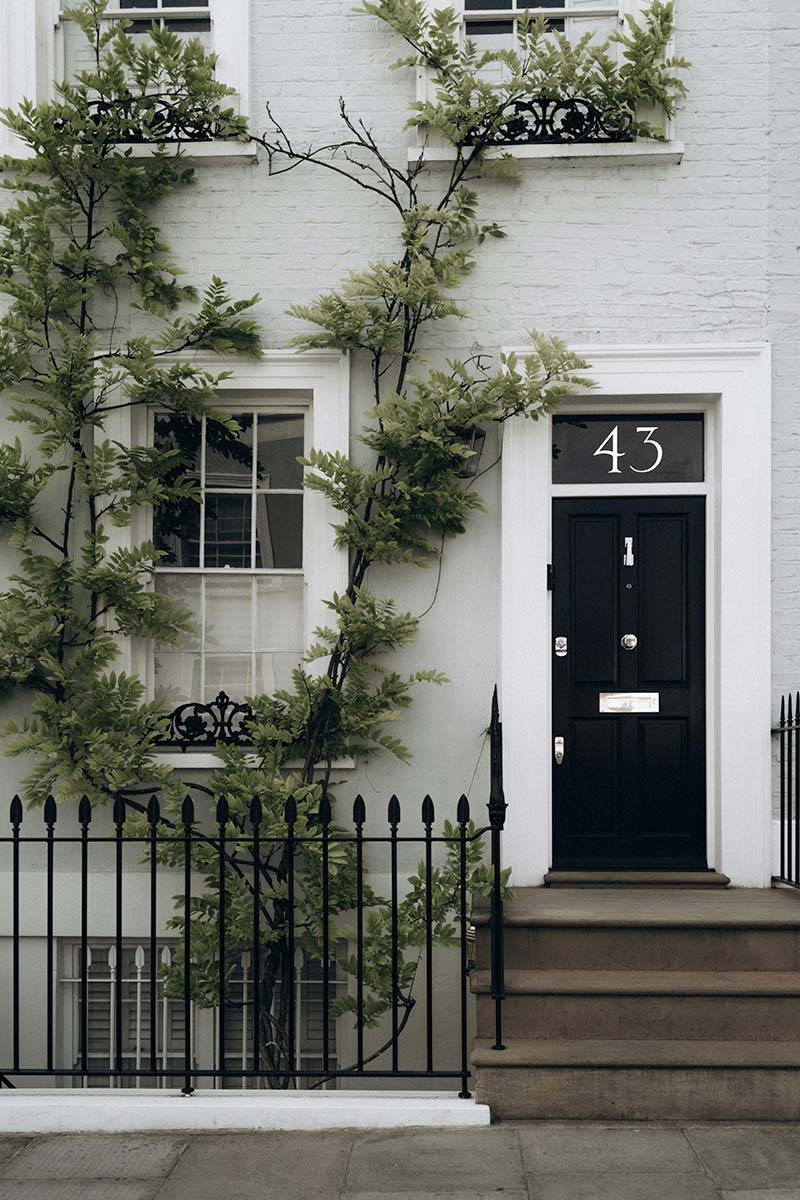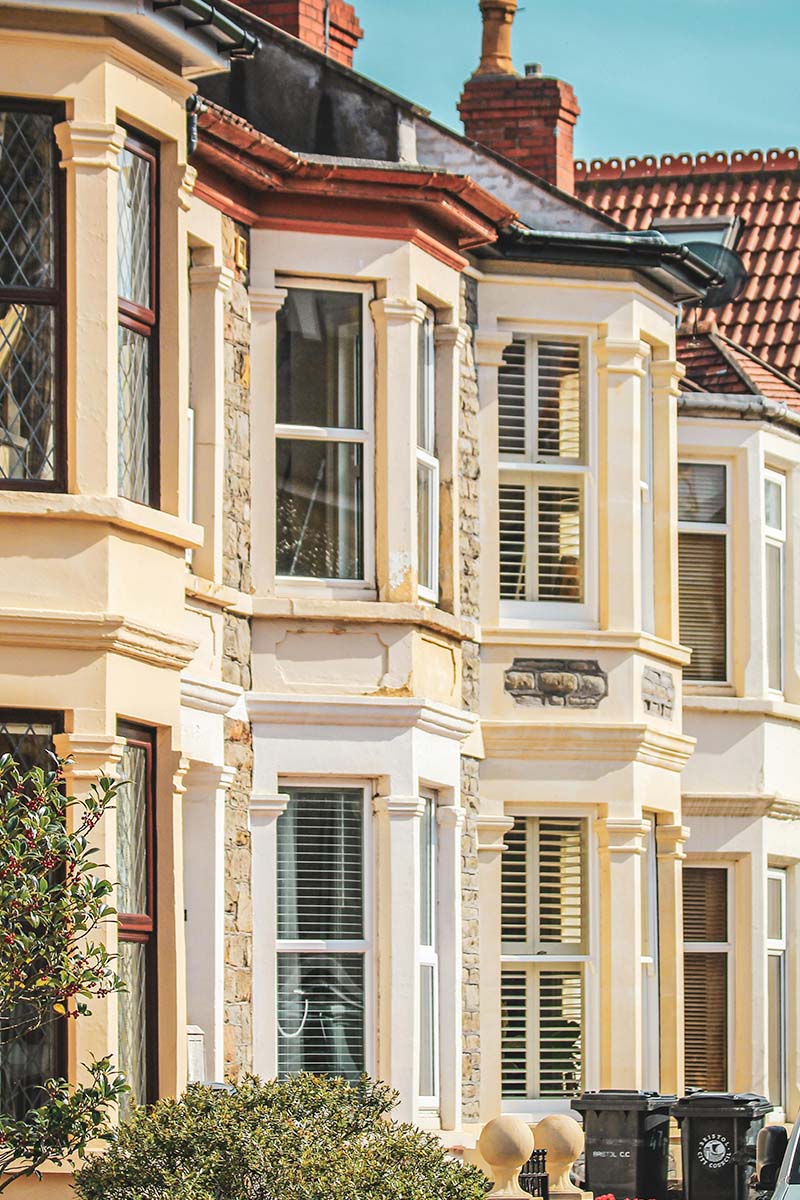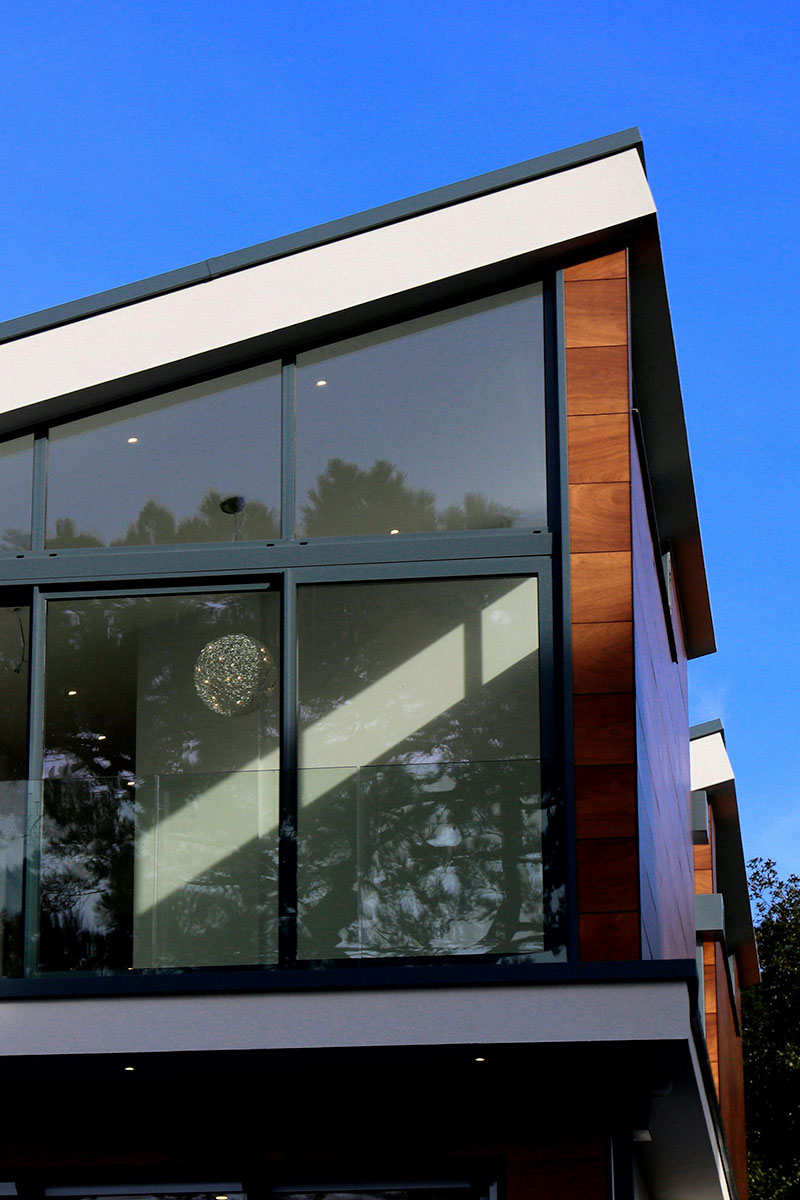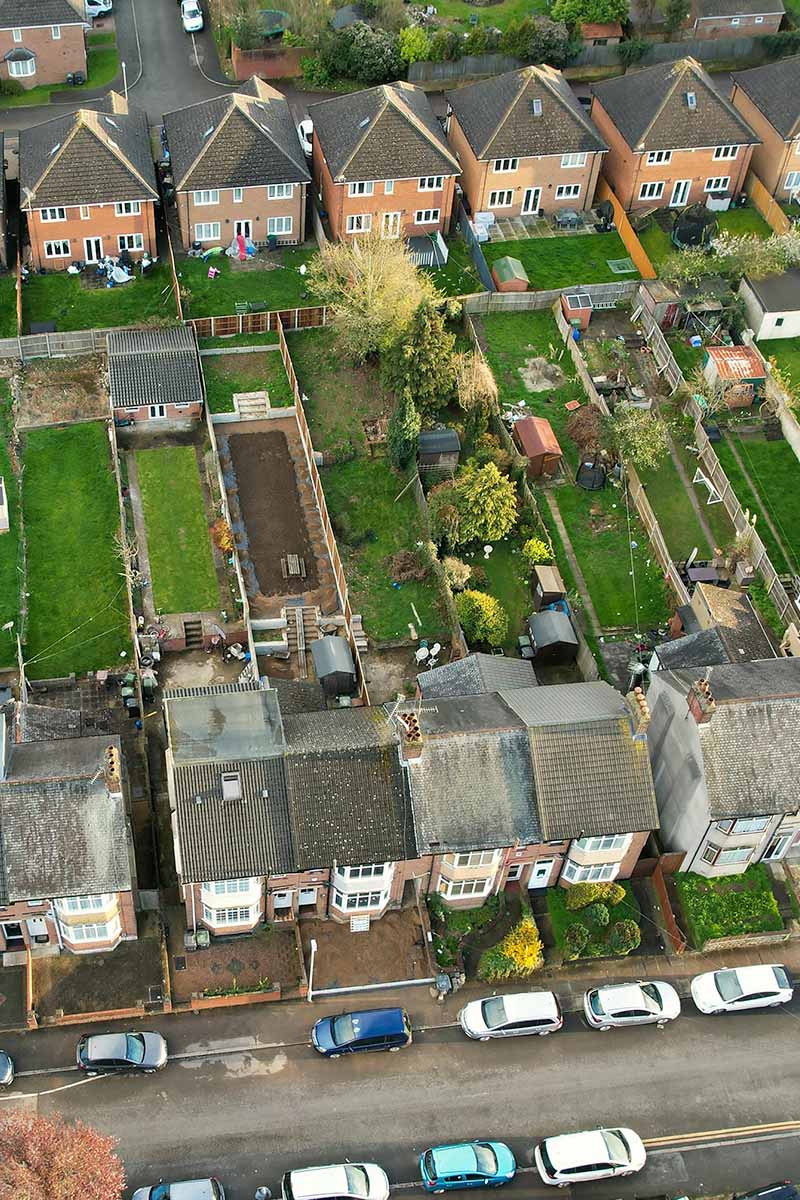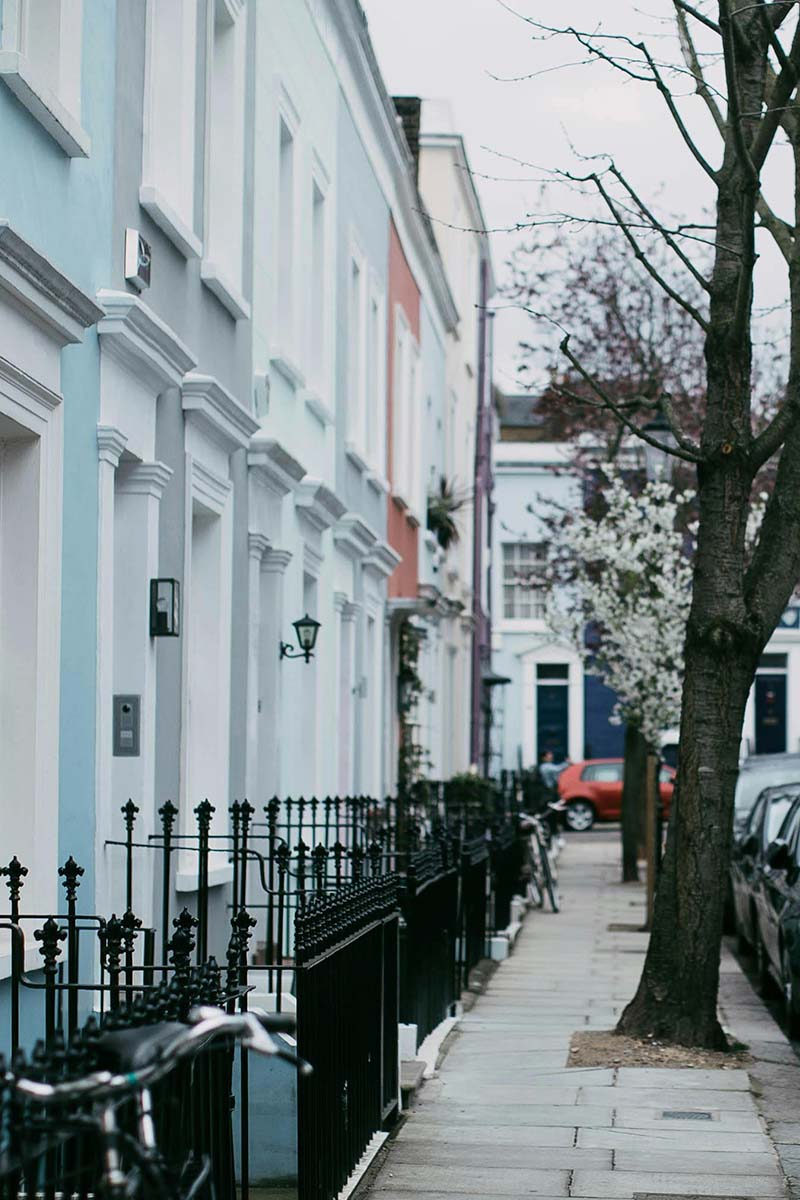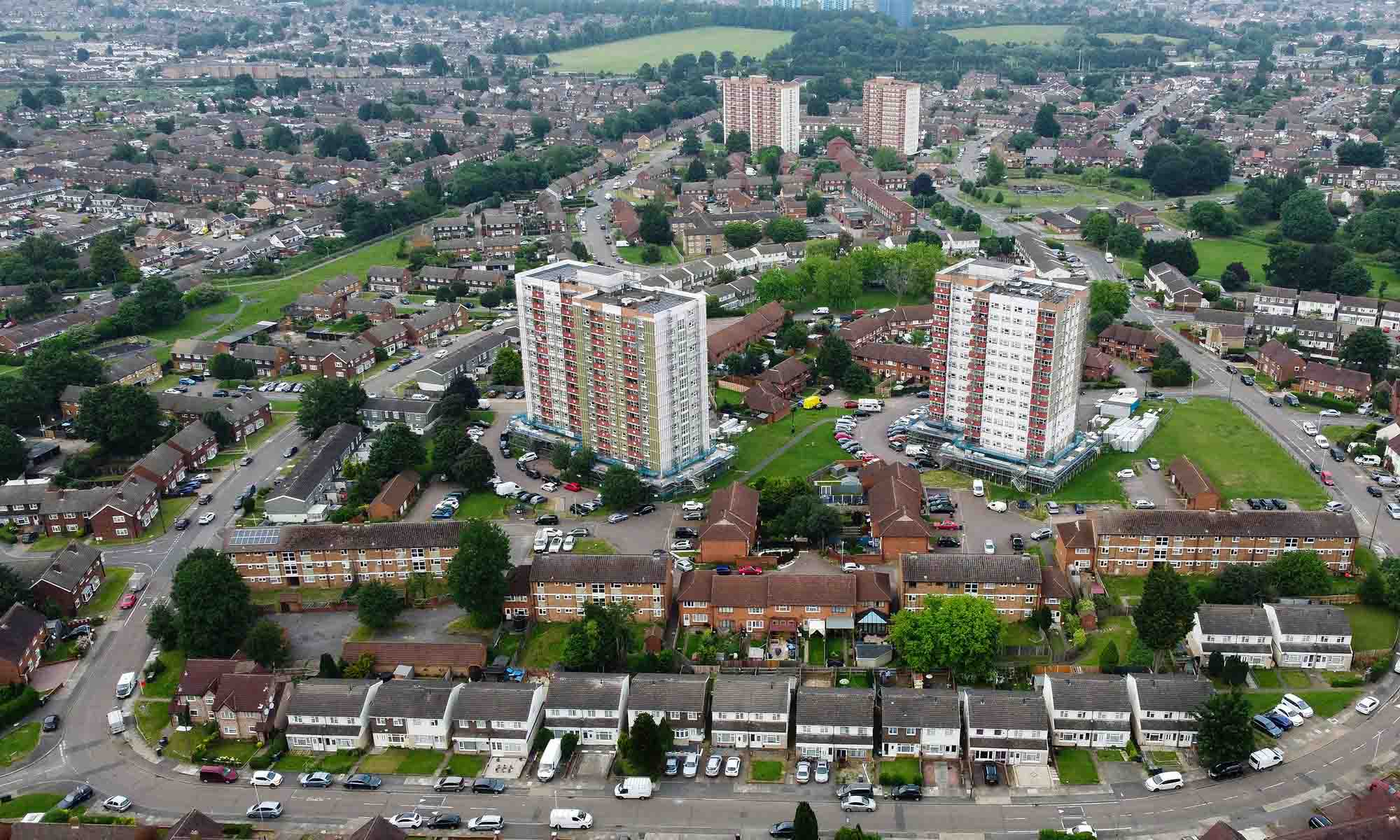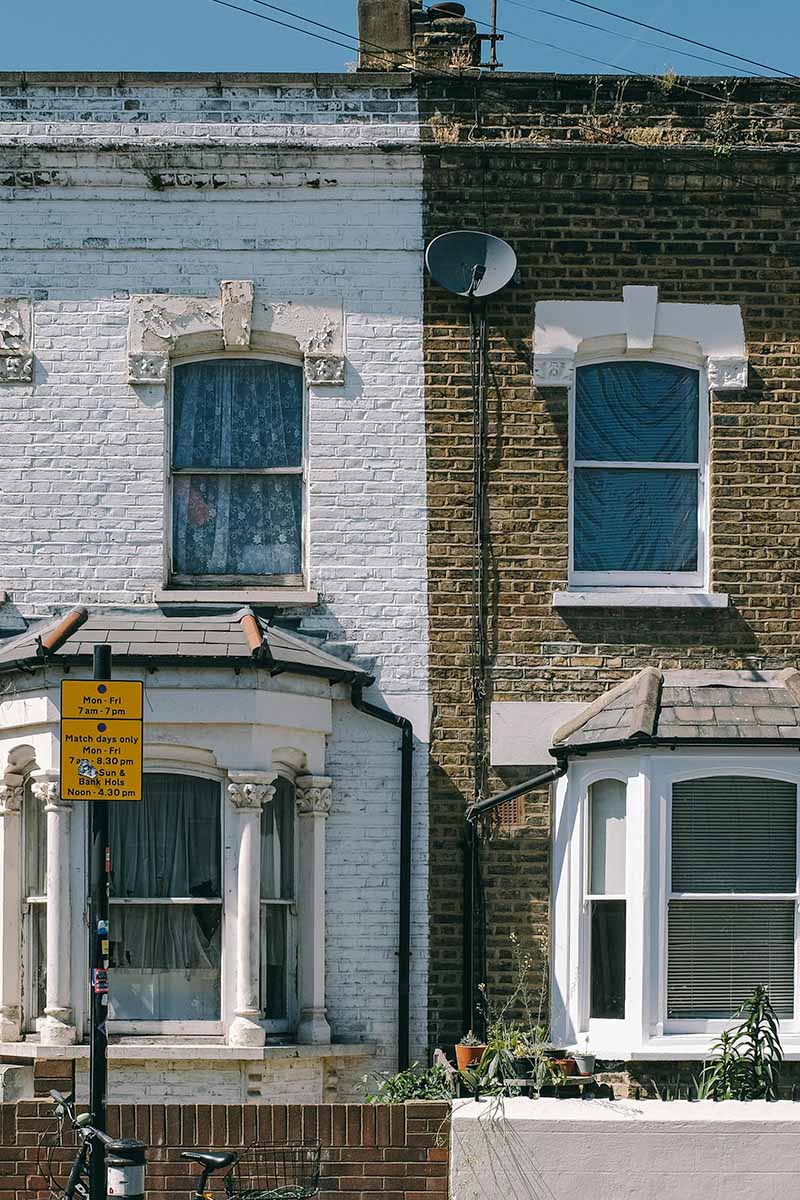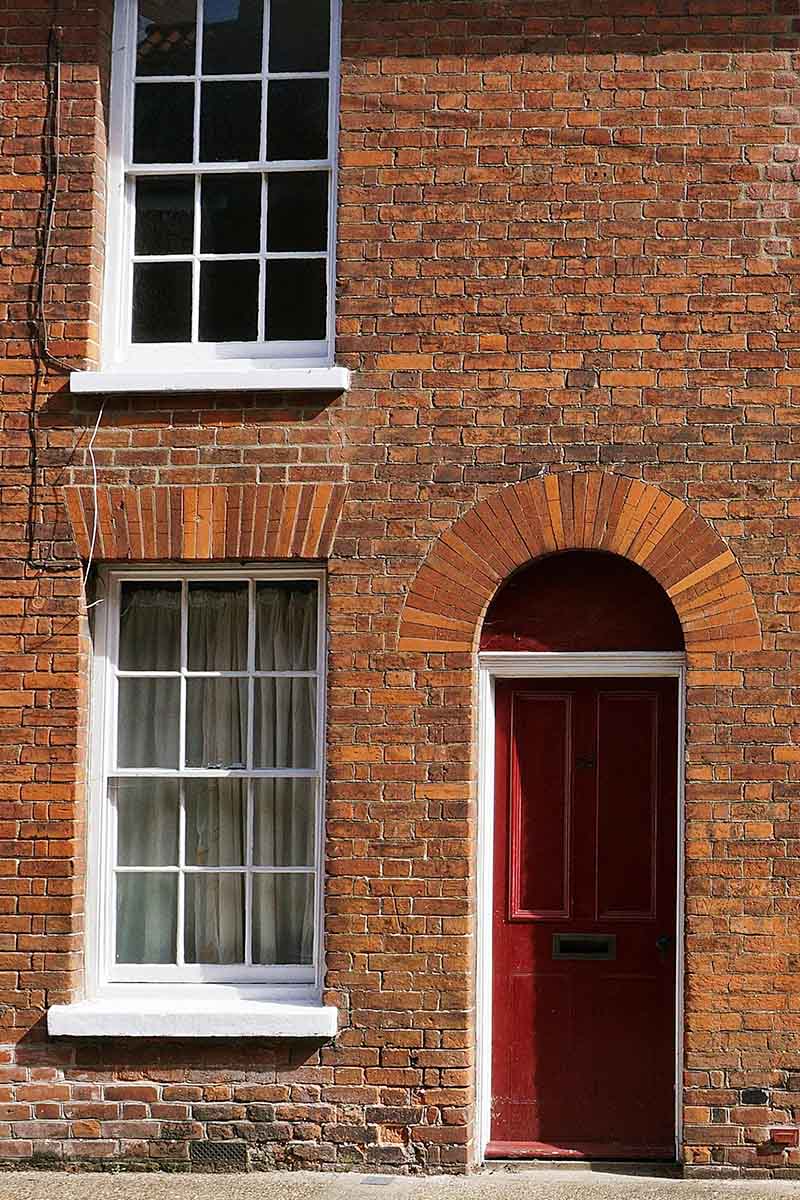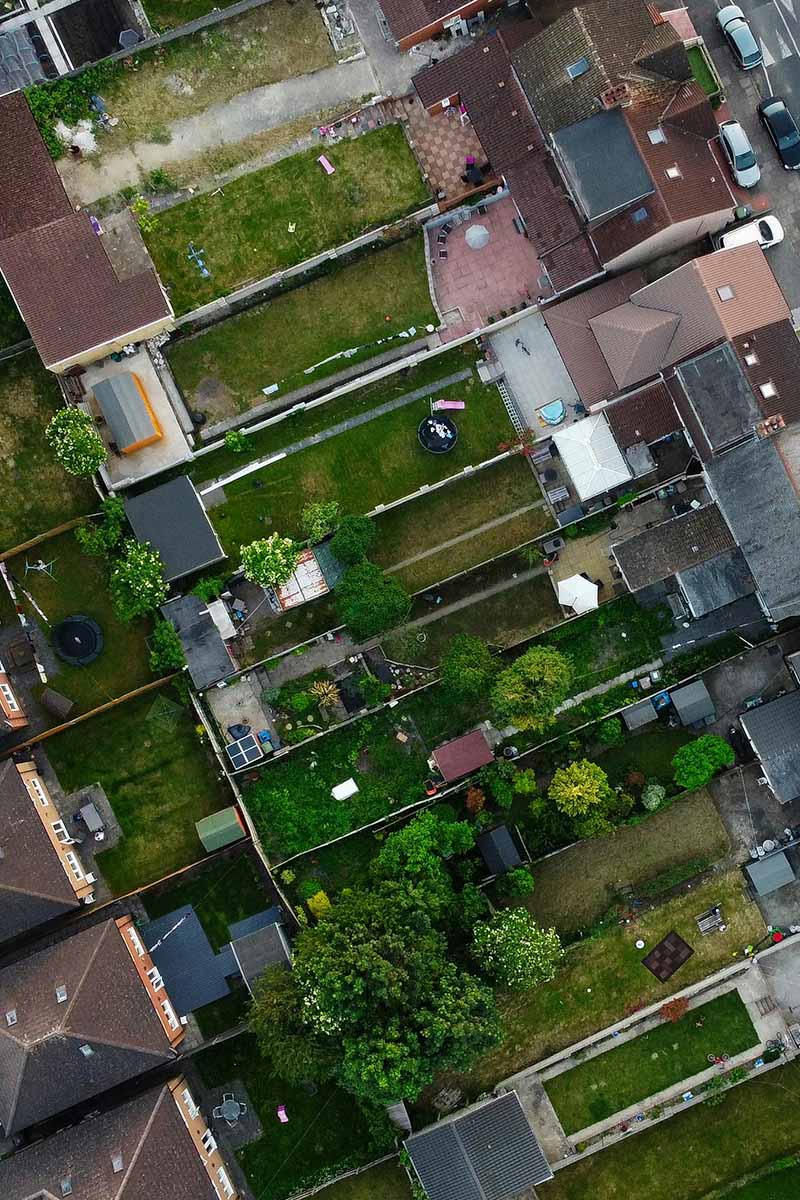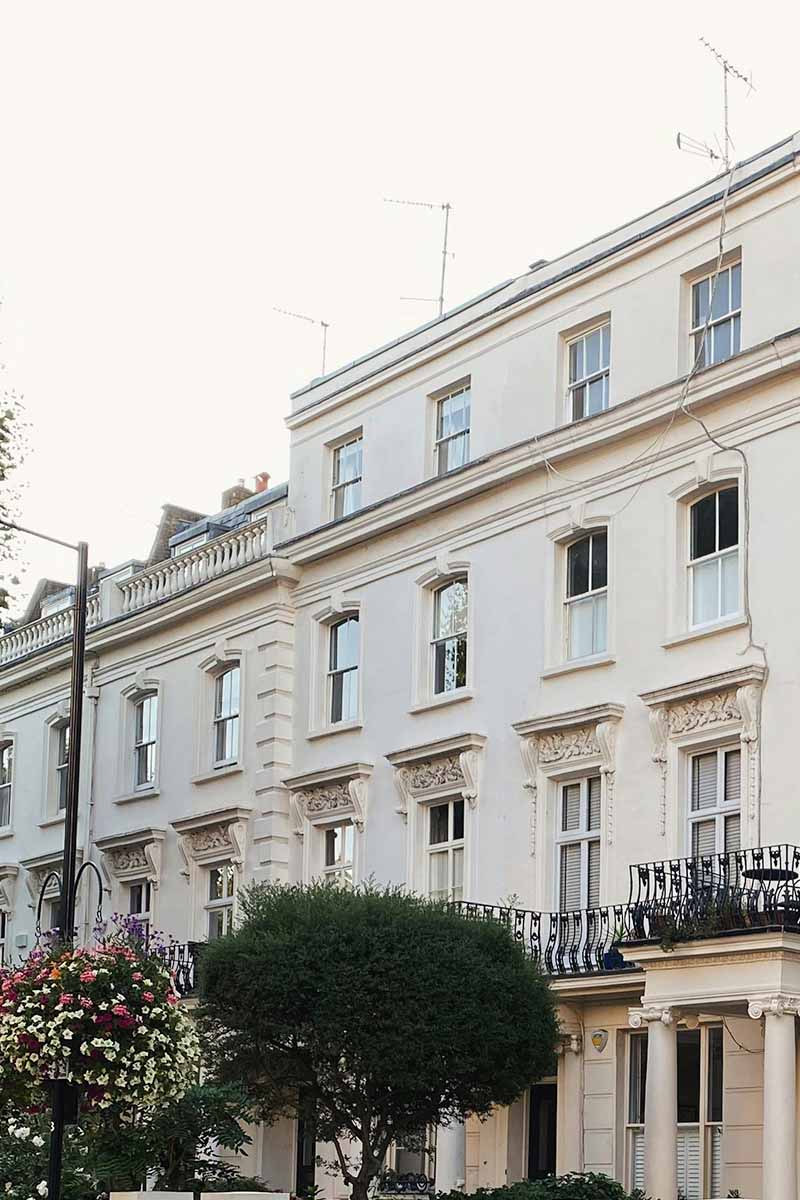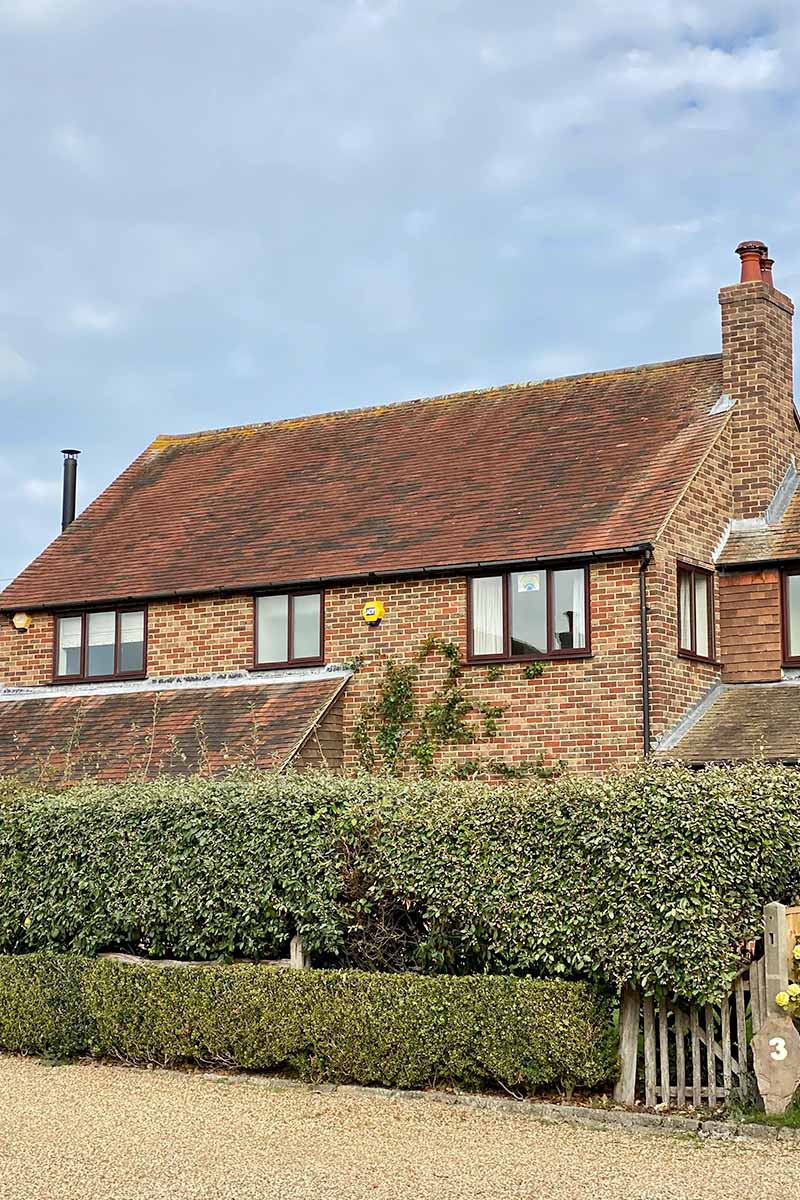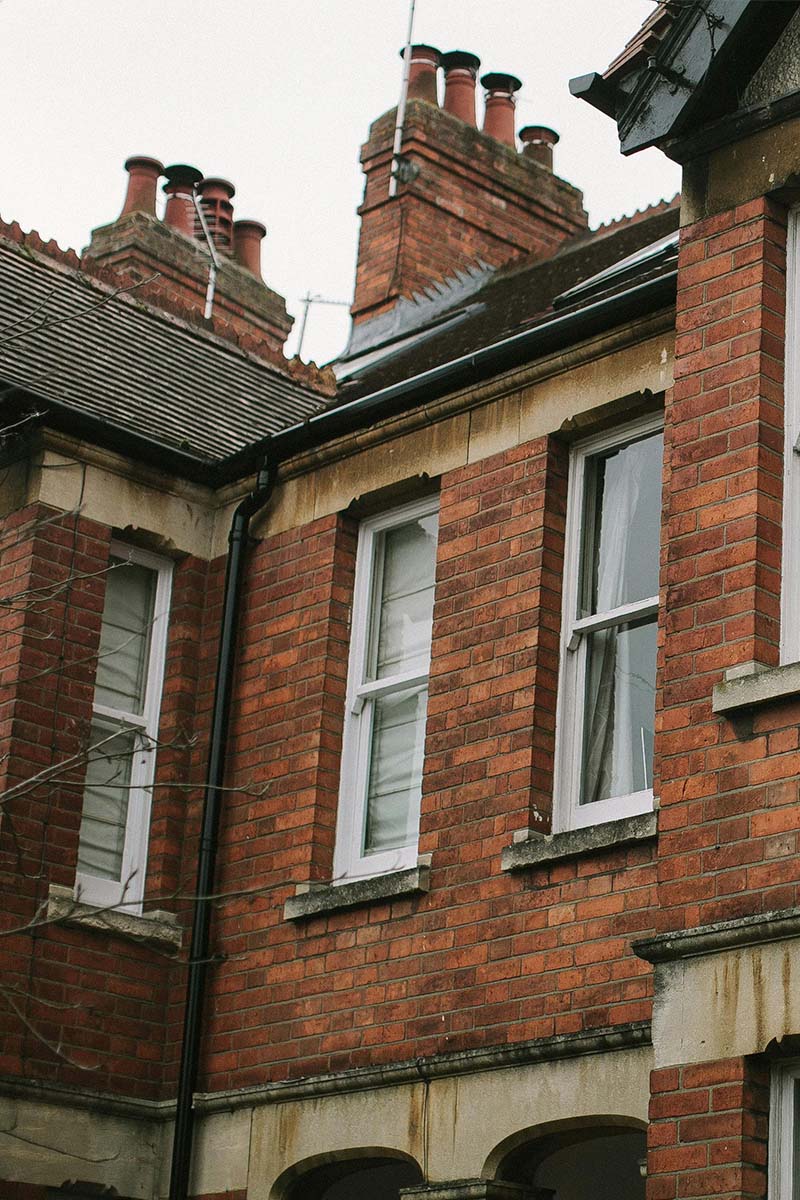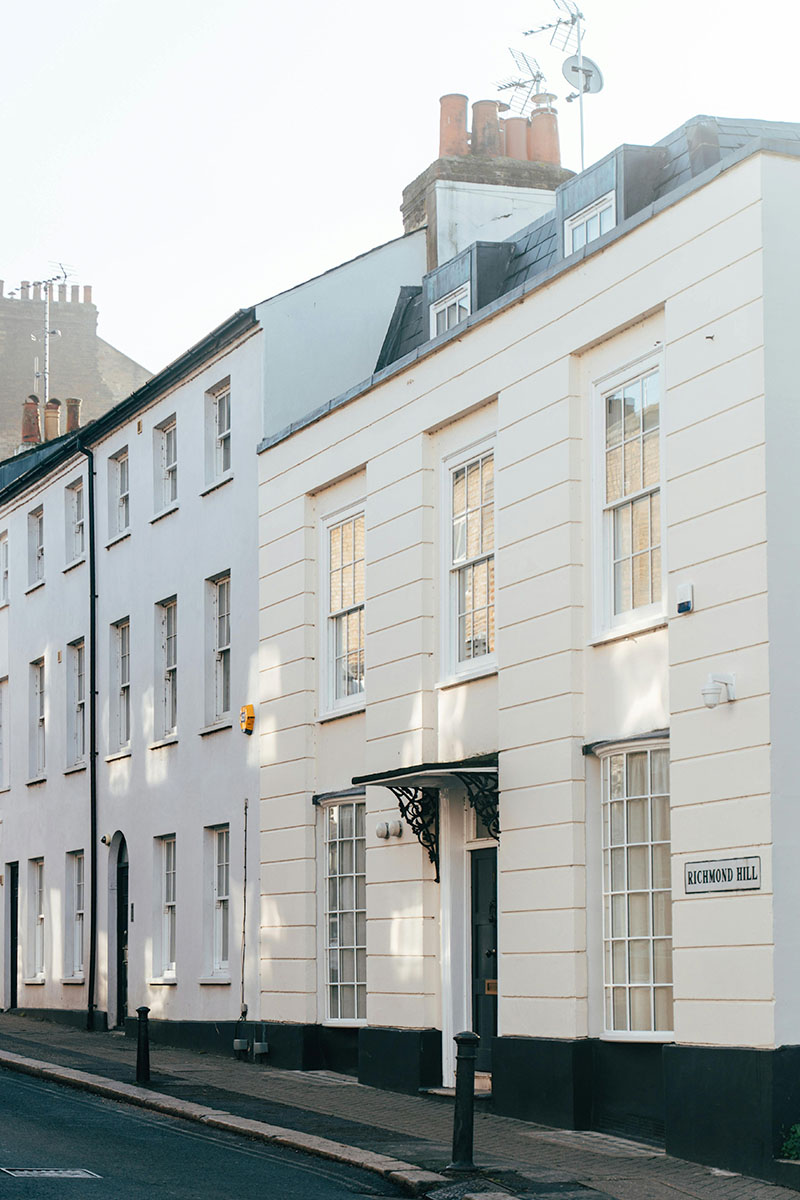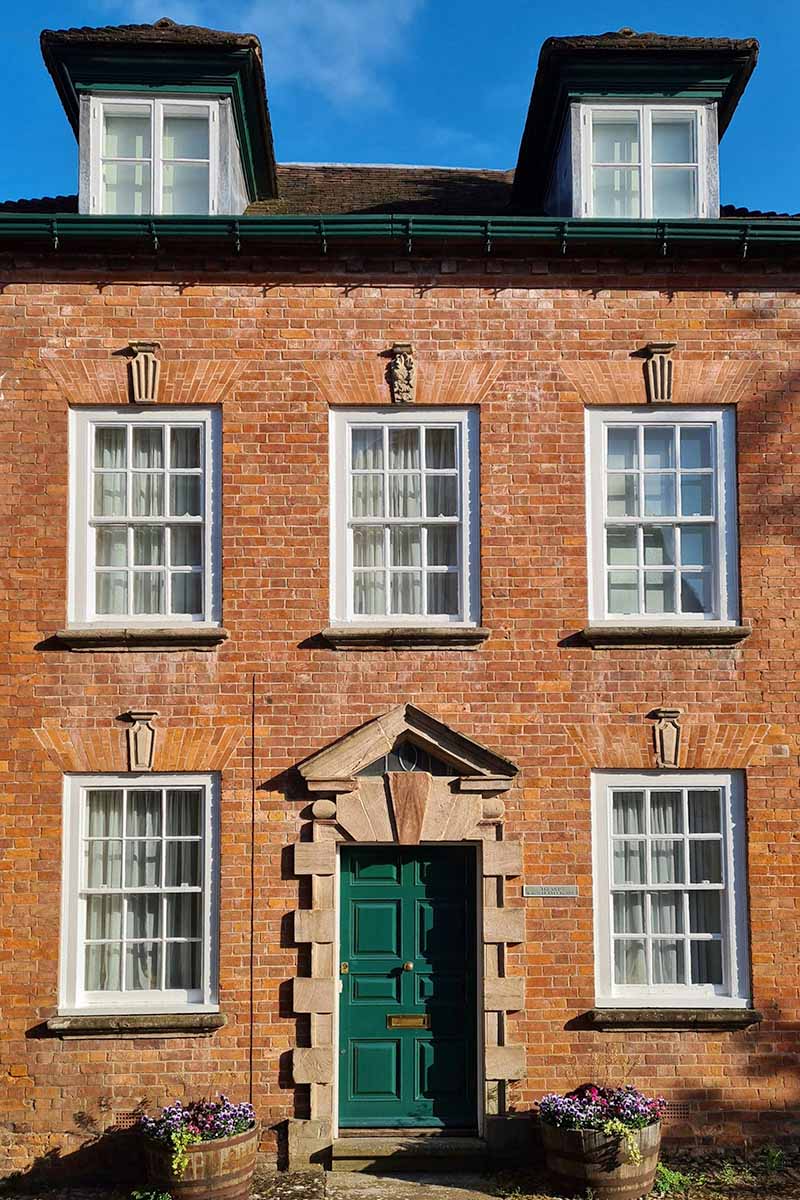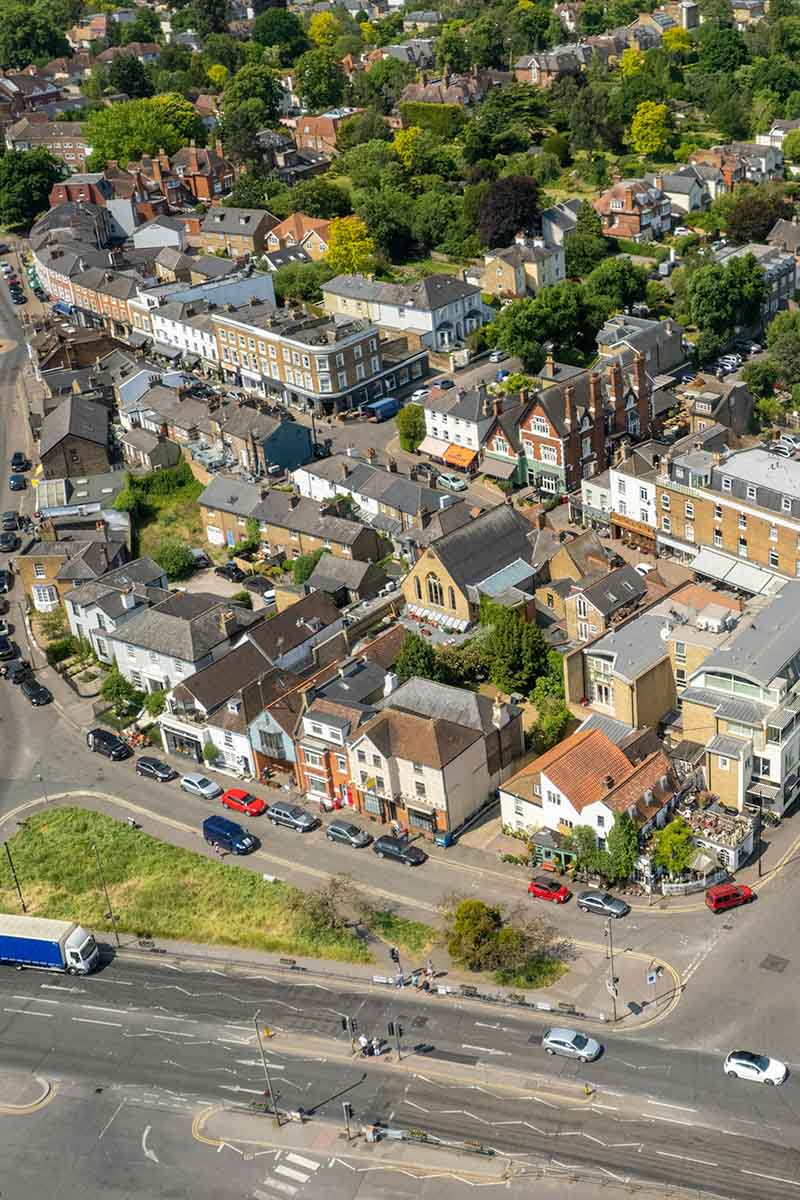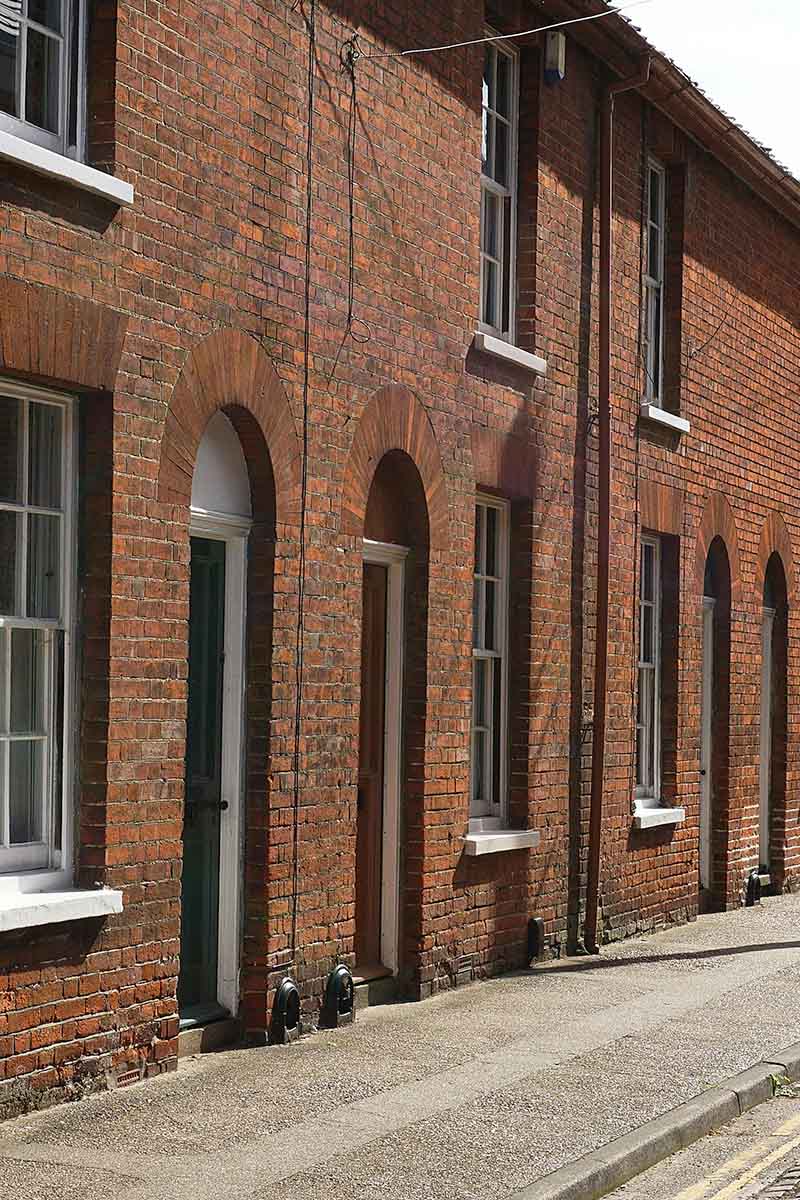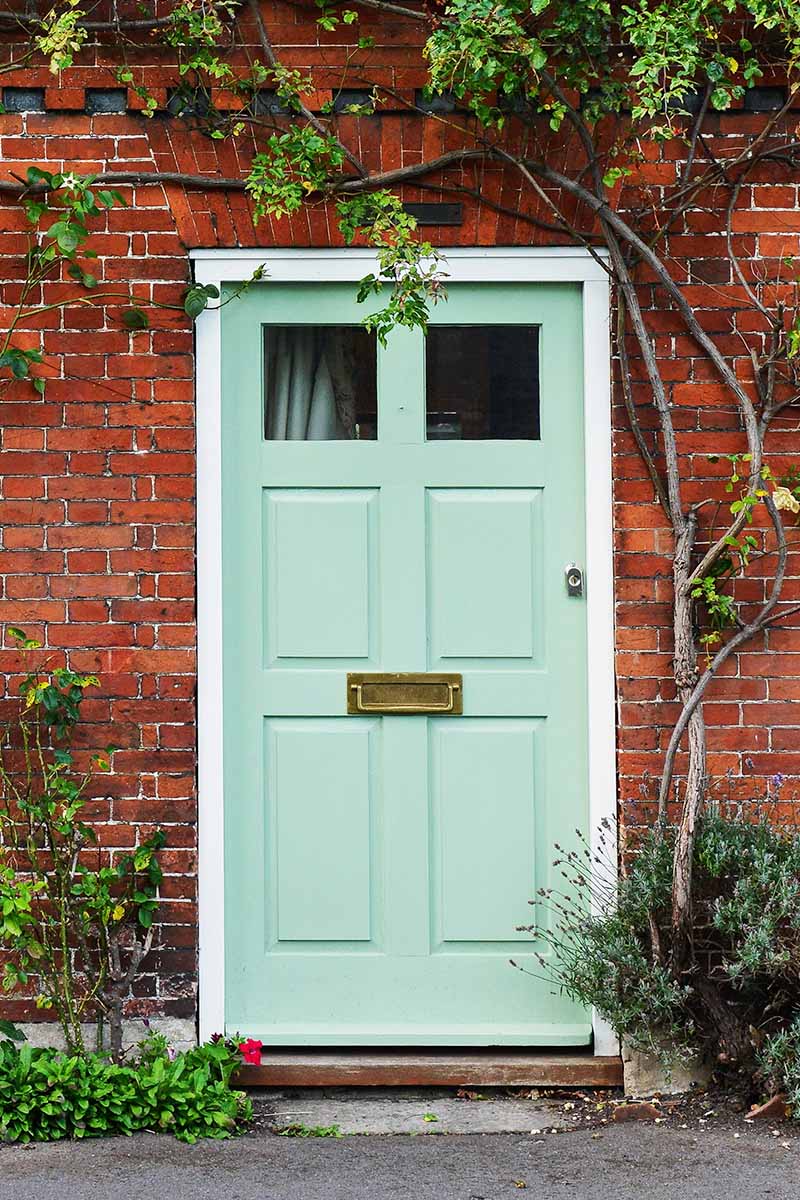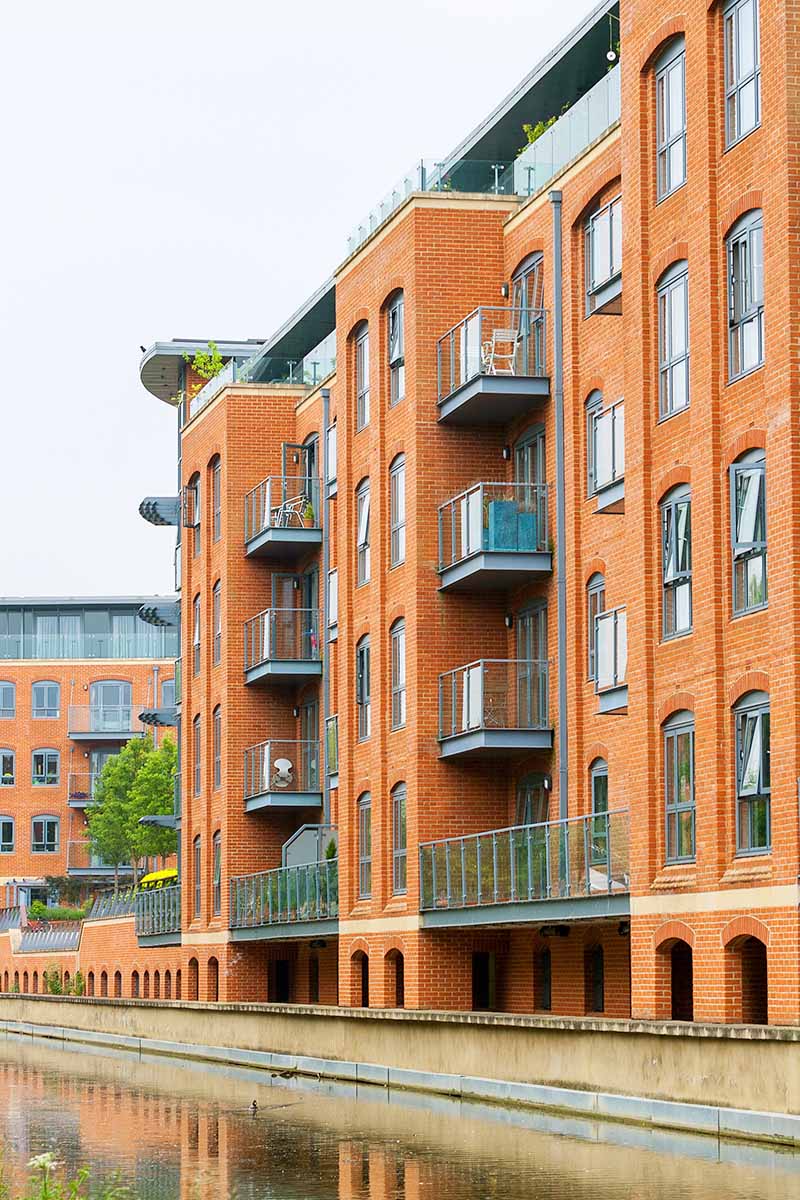Will you pay capital gains tax if you sell your home to relocate for work?
You usually don’t have to pay Capital Gains Tax (CGT) when you sell your main home, even if you’re relocating for work. However, there are rules that determine whether your property qualifies for full CGT relief, and certain circumstances could result in a partial tax bill. This guide explains when CGT applies, how Private Residence Relief works, and what to consider if you're relocating for a new job or transfer.
Most people do not pay CGT when selling their main home to relocate for work, but there are some exceptions.
- You won’t pay CGT if the home has been your only or main residence for the entire time you’ve owned it.
- If you’ve rented part of it out, used it for business, or left it empty for long periods, you may pay partial CGT.
- Final period relief allows the last nine months of ownership to qualify as tax-free even if you’ve moved out.
- Certain work-related absences can still qualify as “deemed occupation” and preserve your CGT exemption.
- If the property is a second home or a buy-to-let, CGT is almost always due.

What is Private Residence Relief?
Private Residence Relief (also known as Main Residence Relief) means you don’t have to pay CGT when selling your home, as long as:
- The property has been your only or main home for the entire time you’ve owned it.
- You haven’t let out part of it (except to a lodger).
- You haven’t used part of it exclusively for business purposes.
- The total plot is under 5,000 square metres (including the house).
- The property wasn’t bought purely to make a profit.
If these conditions are met, you automatically qualify for CGT relief and won’t need to report the sale.
What happens if I move out before selling?
If you've already moved to a new area for work and your old home is taking time to sell, you may still avoid CGT.
The final period exemption allows you to treat the last nine months of ownership as if you still lived there. That means even if the property is empty or listed for sale, this period remains exempt from CGT.
This rule applies regardless of whether you’re buying a new home, renting temporarily, or moving abroad.
Can work-related absences still qualify as main residence?
Yes. In some cases, you can be treated as living in your home even when you’re not physically there — a rule known as “deemed occupation.”
This applies to certain absences if you:
- Lived in the home before the absence.
- Returned to live there afterwards, or intended to but were prevented from doing so.
The following periods still count as if you lived in the property:
- Up to three years for any reason.
- Any length of time working abroad, if required by your employer.
- Up to four years if you had to live elsewhere in the UK for work.
As long as these conditions are met, those periods will not reduce your Private Residence Relief, and you may still avoid CGT.
What if I rented out the property after moving?
If you let the property after moving for work, you may owe CGT on the portion of the gain that occurred during the rental period. However, you can still claim Private Residence Relief for the time you lived there, plus the final nine months of ownership.
Lettings Relief may reduce your CGT bill, but as of recent rule changes, it only applies if you shared the property with your tenants during the rental period.
What if I kept the home empty after moving?
Keeping the property empty may allow you to benefit from the final nine-month exemption, but anything beyond that may be taxable if you don’t return to live there.
You’ll owe CGT on the proportion of the gain that occurred during periods the home was neither your main residence nor covered by deemed occupation rules.
What if I decide to rent out the property instead?
If you're relocating for work but aren't ready to sell your home, you might consider renting it out. This can provide regular income and allow you to keep the property as an investment, particularly if you plan to return in the future or expect property values to rise.
Benefits of renting out your home
- Steady rental income.
- Future flexibility.
- Property value growth.
Complications to consider
- Landlord responsibilities.
- Void periods.
- Lettings management.
- Mortgage restrictions.
- Capital Gains Tax later.
While renting can delay the need to make a sale, it's not a perfect solution for everyone, especially if you're relocating long-term or don’t want the hassle of being a remote landlord.
Will renting out my home while relocating affect my capital gains relief?
Yes, renting out your home after you move can reduce the amount of Capital Gains Tax (CGT) relief you receive when you sell. While you may still qualify for some Private Residence Relief, the time the property is let is usually not exempt unless specific rules apply.
How Private Residence Relief works
Private Residence Relief exempts the gain made while the property was your main residence. This applies automatically and usually covers:
- The period you lived in the home as your main residence.
- The final nine months of ownership, even if you’ve already moved out.
What changes if you rent it out?
If you rent out the property after relocating, the period it is let is not covered by Private Residence Relief. This means the profit made during the letting period is likely to be taxable when you eventually sell.
What about Letting Relief?
Letting Relief used to reduce CGT for landlords who had lived in the home before letting it out. However, this now only applies if:
- You lived in the property at the same time as your tenant (i.e. you had a lodger).
If you didn’t share the property, Letting Relief no longer applies, and the letting period is fully taxable unless covered by another exemption.
Deemed occupation rules still help
If you moved away for work and intend to return, some absences may still count as periods of residence. You could still qualify for full or partial relief if:
- You lived in the home before and after your move.
- The move was job-related and falls within the recognised absence periods.
Proportionate CGT may apply
If part of the gain on the property relates to a period when it was let and not covered by an exemption, that portion is subject to CGT. The longer you let it out, the greater the share of gain that may be taxed.
Keep detailed records
You’ll need to know:
- The dates you lived in the property.
- The dates it was let.
- Whether any work-related absences apply.
- The value of the property at sale and any deductible costs.
This helps you or your adviser calculate the CGT due accurately and avoid overpaying tax.
Save time and hassle by selling your home with us
Get a guaranteed cash offer on any property in England and Wales. All you need to do to get started is enter your address below.
When will I pay CGT?
You may need to pay CGT if:
- The property was your second home or a buy-to-let.
- You didn’t live in it for the entire period of ownership.
- You didn’t return after moving for work.
- You rented it out without qualifying for full relief.
- You used part of it solely for business.
CGT applies only to the taxable portion of the gain after allowances and reliefs have been applied.
How much CGT might I pay?
CGT on residential property is charged at:
- 18% if you’re a basic rate taxpayer.
- 28% if you’re a higher or additional rate taxpayer.
You only pay CGT on the profit, not the full sale price, and only on the portion that isn’t covered by Private Residence Relief or your personal CGT allowance (currently £3,000 for 2025/26).
Summary table
Selling your home quickly to relocate?
At Habello, we help homeowners who need to relocate fast. Whether it's for a new job, a transfer, or a fresh start, we buy properties directly, without agents or delays.
- Get a cash offer in 24 hours.
- Flexible completion timelines.
- Avoid waiting on the open market.
- Fair market valuations.
Property owners are choosing Habello for a faster, easier and less stressful way to sell
Sell your home quickly for cash by accepting an offer just below market value. See how we compare to your other options by using the calculator below.
Related guides
Bring yourself up to speed with our property guides.



